Awl: Episode 1
by girlfriday
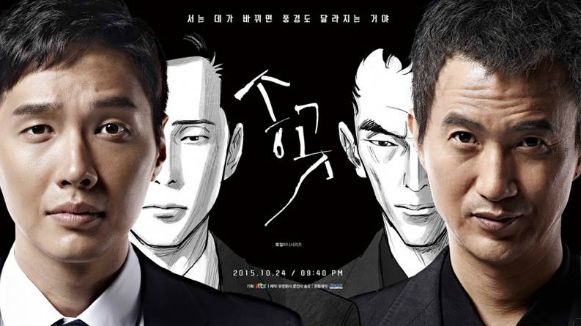
JTBC’s new manhwa adaptation Awl premiered this weekend, and I was impressed with the result: a thoughtfully written, sharply directed story about everyday workers fighting for fair treatment in an unfair corporate world. It’s no surprise that it’s being touted as the next Misaeng, because it has a very similar focus on the plight of the average worker and has a strong webtoon following as well.
I wouldn’t call it Misaeng in sensibility or directorial feel though, as it’s actually less bleak (and therefore less gut-wrenchingly raw, though really, how many of those experiences do you need in a drama lifetime?), and looks more like a comic book, frame by frame. It also sets the stage for a very clear story trajectory with laser focus: a war between corporate suits and minimum-wage workers.
The series is anchored by Ji Hyun-woo, who steps up his game and gives a wonderfully reserved performance as the main character, a quiet, principled man faced with toeing the company line or going against the grain and standing alone. The premiere introduces us to a whole host of characters, but his is the one that makes us care.
I’m not sure yet if this is a series I’ll continue recapping, because there are a ton of premieres rolling in soon and I have commitment issues. JTBC added a new drama slot for it on Saturdays and Sundays, which makes it an extra drama on an already full drama slate. It is 12 episodes though, which is appealing and should make it an easy watch in any case.
SONG OF THE DAY
Kim Jin-ho – “누군가의 이야기” (Somebody’s Story) [ Download ]
Audio clip: Adobe Flash Player (version 9 or above) is required to play this audio clip. Download the latest version here. You also need to have JavaScript enabled in your browser.
EPISODE 1 RECAP
The series opens on a caption: “This drama is a story that begins on a day in June 2003.” And in voiceover a man says, “There will certainly be one who breaks through—a person like an awl.”
A young man opens his eyes after sleeping in the street for two days, to the voice of an ajusshi complaining about this town’s indifference toward its citizens. He’s GU GO-SHIN (Ahn Nae-sang), and he kindly offers to buy the young man a warm meal.
Go-shin is appalled to learn that the young man worked at a restaurant for six months but was fired without pay, and says they’ll go claim his wages right now. So he saunters into the restaurant, turns on a pocket recorder, and sits patiently while the owner blows up at the young man for daring to return.
The restaurant owner spews threats and insults and threatens to call the cops on this strange ajusshi, but Go-shin just placidly rattles off a list of labor laws that he’s currently violating. And when that doesn’t scare him straight, he takes out his phone and starts calling everyone—every office in town, big or small—to tell them to stop eating at this restaurant.
Everyone complains because it’s the good Chinese restaurant in town, but they all do as told, simply because the request comes from Go-shin. The owner quickly goes from caustic to placating, and grabs Go-shin’s hand to say that he’ll pay the kid the wages owed.
As they walk out, the young man offers a chunk of cash to Go-shin for helping him. Go-shin ignores the offer and gives the kid a piece of advice instead: “Don’t go around needlessly pretending to be an adult. Take care of your own food bowl.” He hands the kid his card, which is how we learn that he is in fact the chief of a labor consultation bureau. So not just a random badass ajusshi on the street, eh?
Then we cut over to the bustling Fourmis Mart (which translates to “Ants Mart”), the large chain supermarket that’ll be at the center of our story. Hundreds of employees are busy at work to set up before the doors open for the day, and the activity is set to the bouncy commercial jingle for the market. It’s like Disneyland without the rides, or so you’d think from the happy song.
But an elderly woman struggles as she’s stocking ramyun on a stepladder, and when the manager sees her, all he does is bark at her for being clumsy while ignoring her knee pain. A young man rushes over to help her clean up the mess—it’s her son, who doesn’t say a word but looks exasperated to be dealing with this. Mom just whispers at him to hurry back to his own section before his manager yells at him too. Geez, what kind of place is this?
In the produce section, produce manager LEE SOO-IN (Ji Hyun-woo) is no less meticulous or rigid, but he seems more like a stickler for the rules than an unfeeling turd like the last guy. Someone mentions that he’s a former career soldier, which seems to fit the bill.
His employees—a gaggle of ajummas—make fun of him behind his back for being such a stick-in-the-mud, joking that he likely never dates despite his good looks, and if he does, he probably barks out stiff army-style orders thinking it’s romantic. Soo-in is only one aisle behind them and hears it all, which only makes it funnier.
The seafood department has a nebbishy manager who struggles to tell his employee that her makeup is unpleasantly pink, not to mention that she wears most of her lipstick on her teeth. She doesn’t take the hint very well, and the manager sweats bullets trying to get the point across without actually saying anything.
Then it’s time for the suits to arrive for morning inspection—the general manager marches in, flanked by his army of middle managers. Every department’s employees stand by holding their breath, praying that they don’t get singled out for some mistake. The middle manager worth noting seems to be MANAGER JUNG Min-chul (Kim Hee-won), who says things in broken English like, “The fresh part is very… fresh.”
The general manager stops to marvel at the produce display, making sure to ask for a photo to be sent to headquarters and praising Soo-in personally. Manager Jung asks Soo-in to stop by his office later.
Soo-in tells his produce team that the general manager is extra picky lately because of the new mart that opened up nearby, and reminds them to do a good job. He adds that they can’t all keep taking weekends off like they requested, and when he asks them to take turns instead, the ajummas complain loudly.
The younger employees try to smooth over the situation, saying that Soo-in is new and they have to give in a little, but the ajummas don’t like him one bit. Soo-in just listens to all this with his back turned and heaves a long sigh: “I just want to fire them all.”
The most vocal produce ajumma is KIM JUNG-MI (Lee Jung-eun), and it seems like she’s the alpha dog, at least among the ajummas. Pink Lipstick from the seafood department comes over and chats up Jung-mi unni, chattering away about her plans to butter up the cashier manager so that she can transfer departments.
Jung-mi doesn’t see why, pointing out how the cashiers have to stand all day and can’t even go to the bathroom when they want to. Pink Lipstick says that cashier is one step away from the customer service desk, where they get to wear prettier uniforms. Jung-mi scoffs that dealing with customers is the worst possible job in this place, but Pinky doesn’t seem deterred.
I’m with Jung-mi on this one, because we cut over to the customer service desk, where a man shuffles in (cameo by Park Hyuk-kwon), hands over a package of the most expensive cut of beef with about 95% of it eaten, and asks for a refund. Hilariously, his reason for returning it is because he realized that this delicious, expensive meat is too rich for his lifestyle. LOL.
A pair of boys mess around in the seafood department to see who can keep his hands under ice longer, but their fun is cut short by the seafood manager. They’re part of a trio of friends, led by hyung JOO KANG-MIN (Hyun-woo), the nice foreman in the produce section who tried to calm the ajummas down earlier.
Kang-min’s buddies are seafood’s HWANG JOON-CHUL (Yesung) and fellow produce worker NAM DONG-HYUB (Park Shi-hwan), the kid with the mom who also works here. The boys talk about the store they’re planning to open together, and plan to discuss it later.
Dong-hyub’s mom shares some rice cakes with Jung-mi and her friends in the break room, and they urge foreman Kang-min to have some too. They obviously love him—he’s super sweet and calls them all “noonim,” and they dote on him.
In contrast, manager Soo-in walks by and gets the cold shoulder, and when Dong-hyub’s mom offers him rice cakes, Jung-mi yanks her down from the window halfway through her sentence. Soo-in has to awkwardly say that he doesn’t like rice cakes anyway and walks off feeling slighted.
Soo-in heads to the central office, where Manager Jung is waiting for him. As soon as Manager Jung mentions that this order comes down from the general manager, Soo-in starts to get nervous, because he knows it can’t be good. And it isn’t: Manager Jung tells him to use whatever means necessary to fire every last one of his employees or make them quit.
The faces of his produce team flash by as the news sinks in, but as soon as Soo-in opens his mouth to ask questions, Manager Jung shuts him down. This is a one-way street, apparently, and he just orders: “Do it.”
Soo-in’s expression hardens and he flashes back to his time in the army, when he was manning an outpost late at night and getting ready to fire on a group of enemy soldiers. He had his finger on the trigger to set off an explosion, but at the last second he hesitated twice, letting the chance slip by.
They turned out to be friendlies, and Soo-in had ripped them a new one for almost getting themselves killed. But he says in voiceover that it was really his guilt talking—he knew in that moment that he had hesitated to shoot, and knew that he couldn’t be a military man. We fade back to the present conversation as he adds in voiceover, “And I know now, that I can’t be a company man either…”
Soo-in braves the blowback and speaks up: “Isn’t that… illegal?” Manager Jung counters that it’s not up to Soo-in to assess the legalities, and complains that he’s making this difficult. Soo-in thinks to himself, “I’ve always been that—the person to make things difficult. How did I become that person?”
We go back even further in time to Soo-in’s backstory: A large bear of a man once led a group of unpaid workers as they stormed into a construction company to demand their wages. When threatened with force, the man took out his giant Thor-hammer and slammed it into the ground, literally drawing his line in the sand and daring the henchmen to try crossing it.
This was Soo-in’s father, and he wonders to himself if it’s because he inherited his father’s self-respect that he turned out this way. Or perhaps it was his mother’s sensitive side, he wonders, as we see her teaching a young Soo-in to never be dishonest in life.
As a teenager, Soo-in was the boy who spoke up to defend the kid being bullied in his class. He narrates, “In any case, everywhere I went, I was always somebody’s stumbling block.” He took all the heat from the teacher because of it, and took daily beatings just for standing up for himself.
His poor mother eventually bribed the corrupt teacher in an effort to make life easier for Soo-in, and as a result she couldn’t afford to go to the hospital when she was sick. Soo-in decided then and there that he had an overwhelming number of reasons that he had to succeed in life.
Back in the present, Soo-in asks why he’s being ordered to fire everyone, and Manager Jung points out that he was a soldier, so he should understand what it is to take orders and ask no questions.
Another flashback takes us to Soo-in’s college days in the military academy in 1992, where every soldier was lined up outside the general’s office just before elections, so that they could be coerced into voting as ordered. We’re starting to see a pattern now, and as expected, Soo-in stands apart from the crowd by abstaining to vote.
His classmates wonder if they should speak up about it at the academy assembly, but when they see all the generals lined up in the front row, they chicken out. When it comes time, one lone fist is raised in the air—Soo-in’s, of course—and he narrates that his hand was already raised before he was consciously aware of it.
He bravely stands up to address the entire school, and reminds them of their basic duty as soldiers—to protect this nation’s government and the democracy. He says it’s what they’ve been taught daily and what they will go on to teach their soldiers out in the field, so how can they possibly justify it if they close their eyes to corruption in their government now?
He closes with a quote from their oath as soldiers: “We will choose the difficult path of justice over the easy path of corruption! Now is the time to put into practice, in actions and not words, the creed we proclaim multiple times a day.” Soo-in narrates that silence settled over the auditorium and fear began to set in. But then a timid wave of applause trickles out as his classmates cheer him on.
The fear soon becomes real though, when Soo-in is met with the consequences of his rousing speech on upholding democracy. He’s threatened with expulsion and his future flashes before his eyes—a life of mediocrity, disappointment in his parents’ eyes, fear of the unknown. He realizes that his father never taught him what comes after standing up for yourself, and what you might lose as a consequence.
He’s targeted by teachers and classmates, and his room is trashed just so that he can be given enough demerits to be kicked out of the academy. His roommate saves him by claiming half of the demerits for himself, but the outlook isn’t good.
Thankfully, Soo-in gets injured while playing soccer and the military doctor is kind enough to put him on bed rest for the remainder of the semester. That means the administration can’t touch him until after vacation, when hopefully the incident will have blown over.
The doc asks if he regrets what he did, and Soo-in admits that he does: “But I’m more afraid that I’ll do something I’ll regret again.” The doc says sardonically that Soo-in thinks too little of his country if he believes that he’ll be able to grow up and stay exactly the same as an adult. He says to just give it a few years’ time and he’ll become a jaded adult like the rest of them.
Soo-in narrates that he might’ve been disgusted by the doc’s words before, but in that moment they offered a strange comfort, and he began to hope for the day when he’d become a person who fits in with the rest of the world.
He even writes kkondae down as his future dream—it’s what young people call jaded old people who are out of touch and do nothing but lecture you on how to live. Basically, the opposite of an idealistic youth.
In the present, Soo-in leaves Manager Jung’s office and stands in the hallway looking defeated. Has he grown into the jaded adult that he’d hoped to become?
Back in 1992, a teacher had instructed Soo-in to return to school and stop hiding in the infirmary. Soo-in was afraid, but the teacher made sure to scare the generals with bad press and public outcry if they expelled him. He thanked Soo-in for speaking up, because he might’ve lost faith in his job if no one had.
Soo-in asked why the teacher gave him all those demerits, and the teacher said he wanted to teach Soo-in the importance of fear, because a soldier who is only brave but knows no fear will run headlong into the wrong battles and get killed.
Soo-in narrates that this teacher was the most adult-like adult he’d met until that point in his life, but then when he looks back now, he wonders if the teacher was simply a cunning guardian of the system—with one speech Soo-in fell back in line, and the academy lost nothing. We see him erase his future dream entry as he narrates, “And I lost the precious chance to become a kkondae.”
We return to his meeting with Manager Jung, who says they’re just corporate workers who simply do as they’re told. They have to eat, and there’s nothing wrong with that. He says he has to give this order to all the other department managers today, and cuts their conversation short. But Soo-in digs in and says, “It’s against the law. I can’t do it.”
Manager Jung’s eyes widen, and Soo-in says in voiceover that the familiar pattern of order-and-carry-out has been broken. From here on out it’s uncharted territory, he thinks, and the inexperienced person doesn’t know how to deal with this. We see Manager Jung look away, unsure how to respond.
Soo-in gets sent out of the meeting with no real response, and he stands in the hallway for a long time, eventually crouching to the ground.
Across town, labor consultant Go-shin is busy arguing another case over the phone from his office, which looks like it hasn’t been updated in decades. He gets off the phone to find the restaurant owner he fought earlier, shoving a bowl of jajangmyun in front of him. He’s here to beg for his regular customers back, though Go-shin assures him that he’s already made the rounds to cancel the boycott.
He turns away the free food, but a young woman is already shoving her face full of jajangmyun at a desk behind him as he speaks. This is MOON SO-JIN (Kim Ga-eun), and Go-shin tells her that this isn’t going to work—he’s still not going to make her his bookkeeper.
Go-shin gets ready to head out, but in between bites of food, So-jin warbles that his tires are flat. When he asks why she didn’t alert him of this before, she says matter-of-factly, “Because I’m not your bookkeeper.” She chides him for not eating, sighing that they do all of this so they can eat and live.
Go-shin calls the mechanic and begs him to open up shop, promising to pay up this time. The episode closes on an extension of the voiceover that opened it, as Go-shin says, “There will certainly be one who breaks through—even in the midst of the fear that the next footstep will meet a cliff, they can’t help themselves and will venture to step outside the shell—a person like an awl.”
COMMENTS
Narratively, that’s a weird place to end the episode. It would’ve made a bigger impact to go out on Soo-in’s big moment of rebellion, followed immediately by his world-weary posture out in the hallway, which is a pretty great moment. You can feel just how quickly the regret settles in, which is what I find so fascinating about this character. He’s no vigilante with a savior complex or a man with nothing to lose on a vengeance tear—he’s an ordinary man who has everything to lose, and actually dislikes how his sense of justice interferes with his desire not to stand out. That’s a really interesting position to put your hero in, and there’s even an element of pity in the idea that he never got to shed that youthful idealism that most people naturally grow out of. The drama paints it like an affliction, equal parts impressive and crippling.
I do think that the show benefits a great deal from the voiceovers by Soo-in and Go-shin, because without them, the events would feel pretty dry, and I don’t know that they’d continue to hold my interest. But there’s a nice build that comes from the narration throughout the episode that gives every metaphor and every flashback purpose. Though really, they’re very straightforward metaphors—Soo-in will become the awl, the sharp tool used to break through the oppressive status quo, and the worker ants will band together in a show of solidarity.
We’re obviously being set up for a big labor battle between Soo-in and Fourmis Mart; that much is clear from the start. But what made the drama interesting was Soo-in’s characterization as someone who’s going to become a reluctant hero for the little guy. There’s going to be no glory in this for him, and that makes me respect his weighty decision even more. And in this case, he would actively benefit from just doing as told because he’s a middle manager who would keep his job. But it’s impressive that his moral compass also extends to how his actions would affect others.
There were an excessive number of flashbacks in the premiere, which slowed the episode down considerably. But I can’t complain too much about the result when we got such an interesting picture of Soo-in as a character, and saw exactly how it is that he came to be the person that he is today. And perhaps it’s the worst mix of traits to be when you’re poor and powerless—hard on himself, honest to a fault, incapable of turning a blind eye to injustice. It was sad that his youth was so troubled because of it, but realistic too, because in the real world, the person who stands out in this way rarely gets celebrated. This was actually the one thing that made me think of Misaeng, because he felt like a young man on his way to becoming a Chief Oh someday—someone who actually suffers a great deal because he can’t stop himself from speaking out, who sticks out like a sore thumb and never quite falls in line. In the best-case scenario, he’s a trailblazer and a leader; in the worst-case scenario, he’s the scapegoat and the martyr.
Of course, I don’t think we’re going to be subjected to a depressing tale of the dangers of standing up for the little guy, because then I’d do some revolting of my own. We’re here for the uplifting story of an everyman who risks his job to save the livelihood of the employees under his care, and cheer him on as he fights against The Man. Right now his prospects seem bleak, but when he teams up with the brilliant, fast-talking labor expert Go-shin, I have faith that this will be a war he can actually win. I’m excited for them to cross paths and join forces, because I think Soo-in could use some of Go-shin’s unstoppable energy right about now.
RELATED POSTS
Tags: Ahn Nae-sang, Awl, featured, first episodes, Hyun-woo, Ji Hyun-woo, Kim Ga-eun
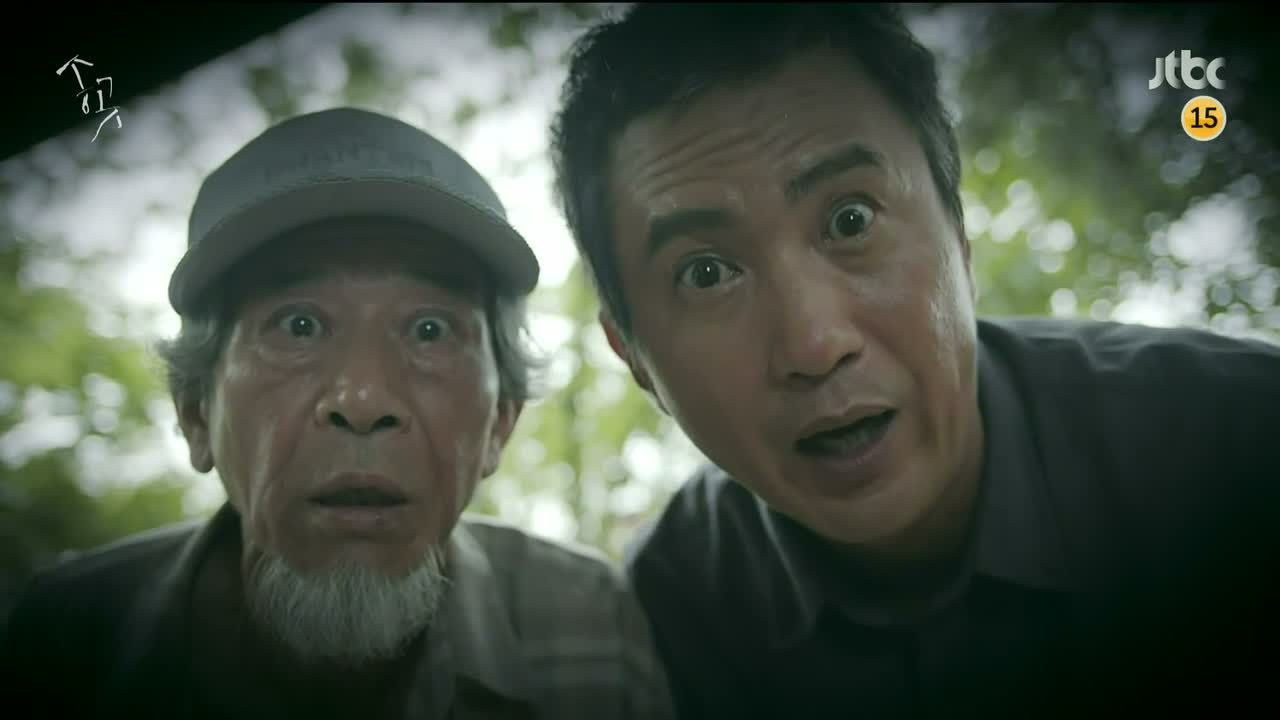
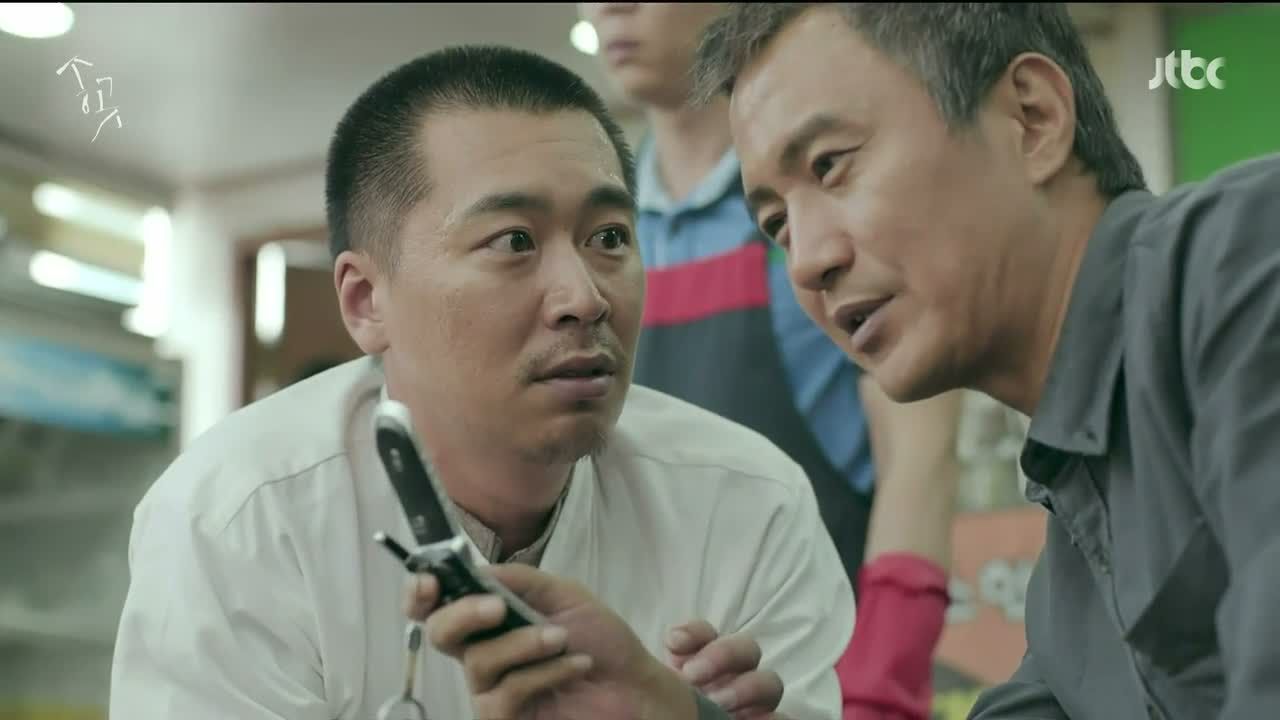
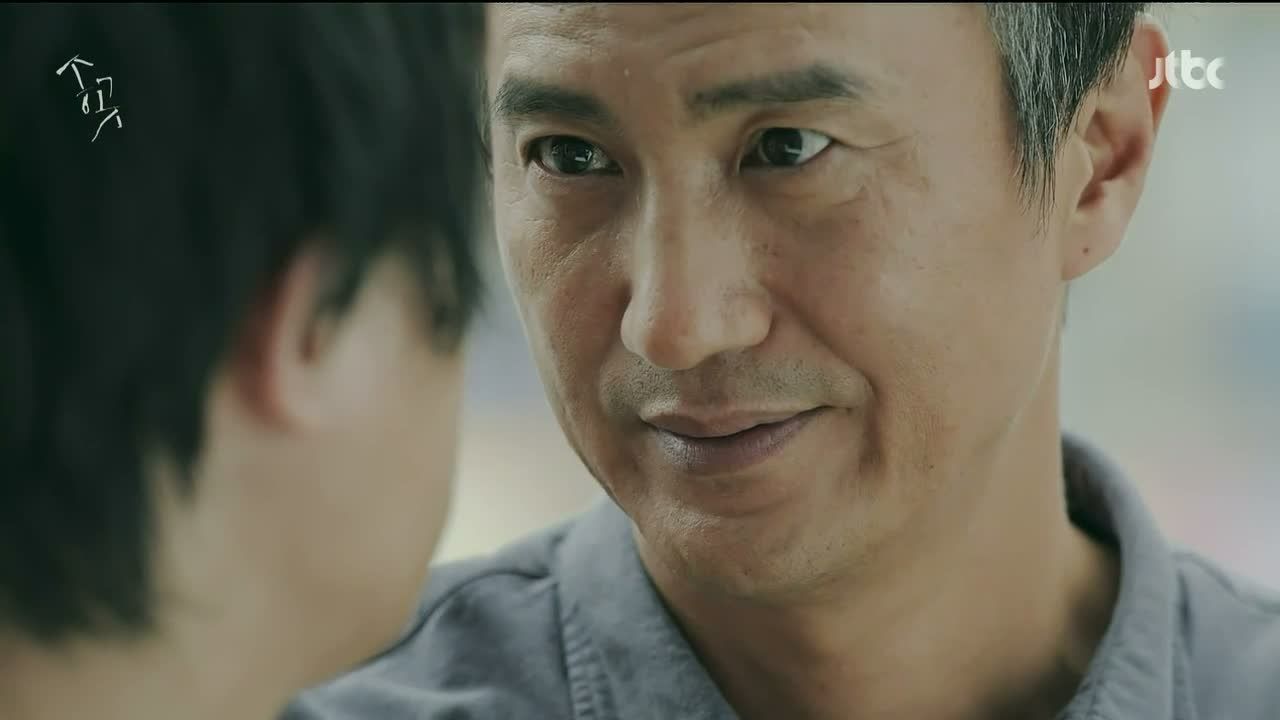
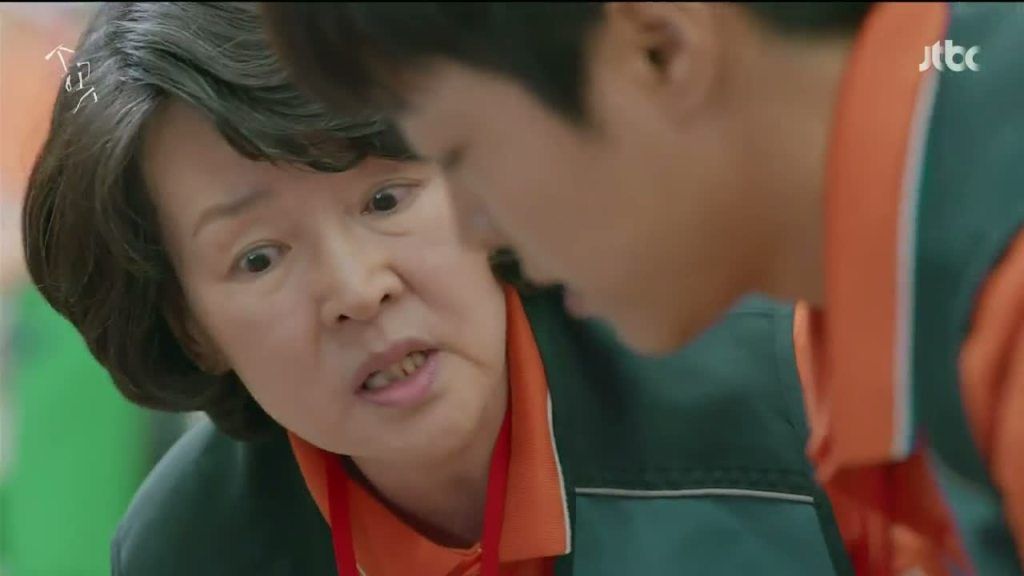
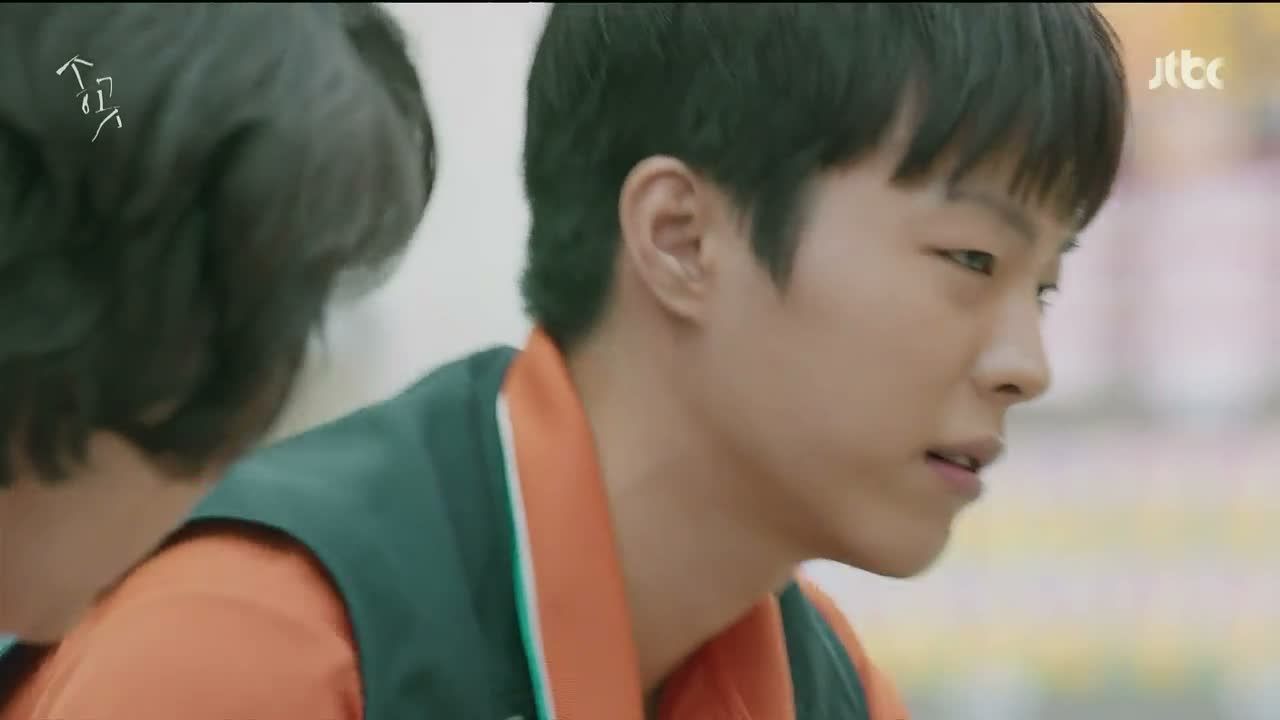


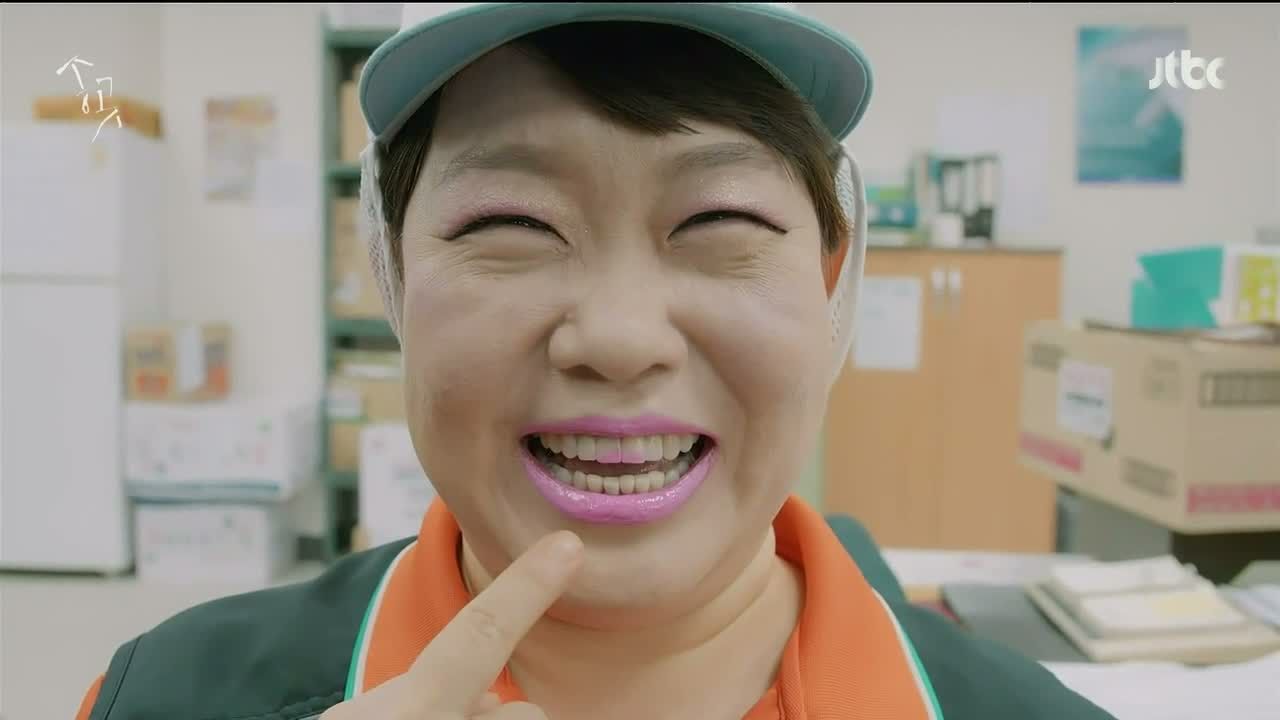
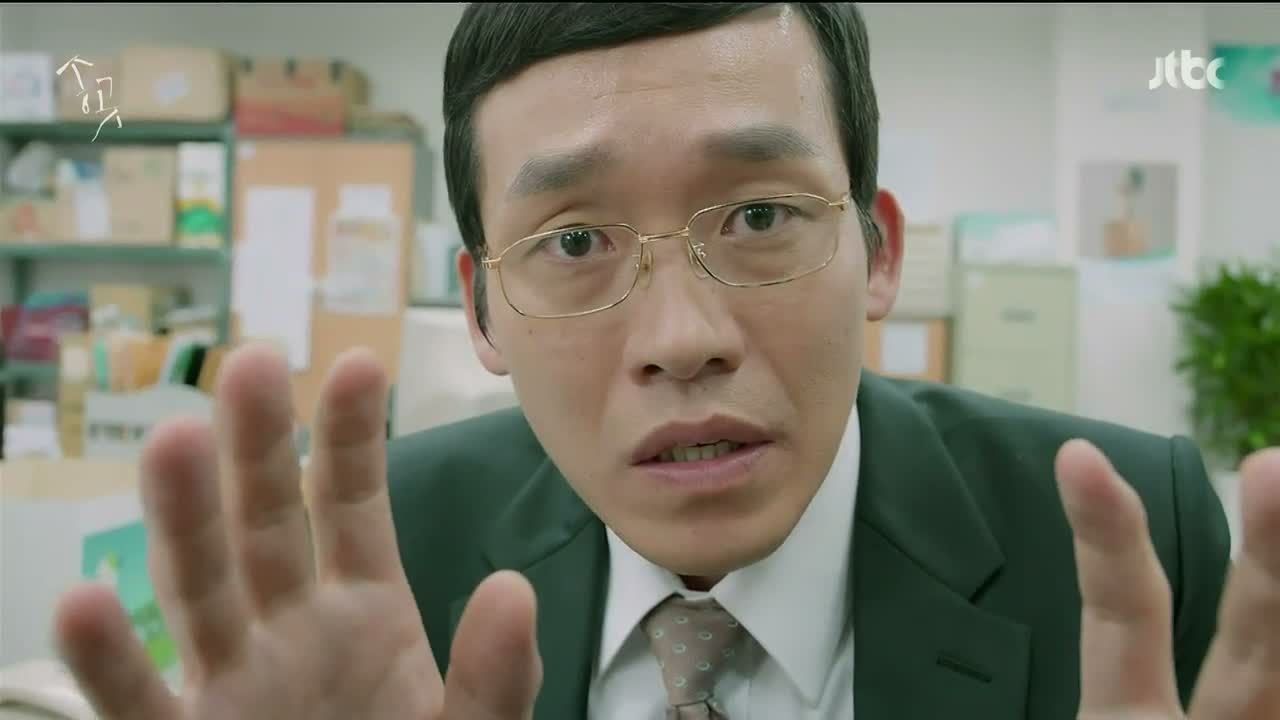
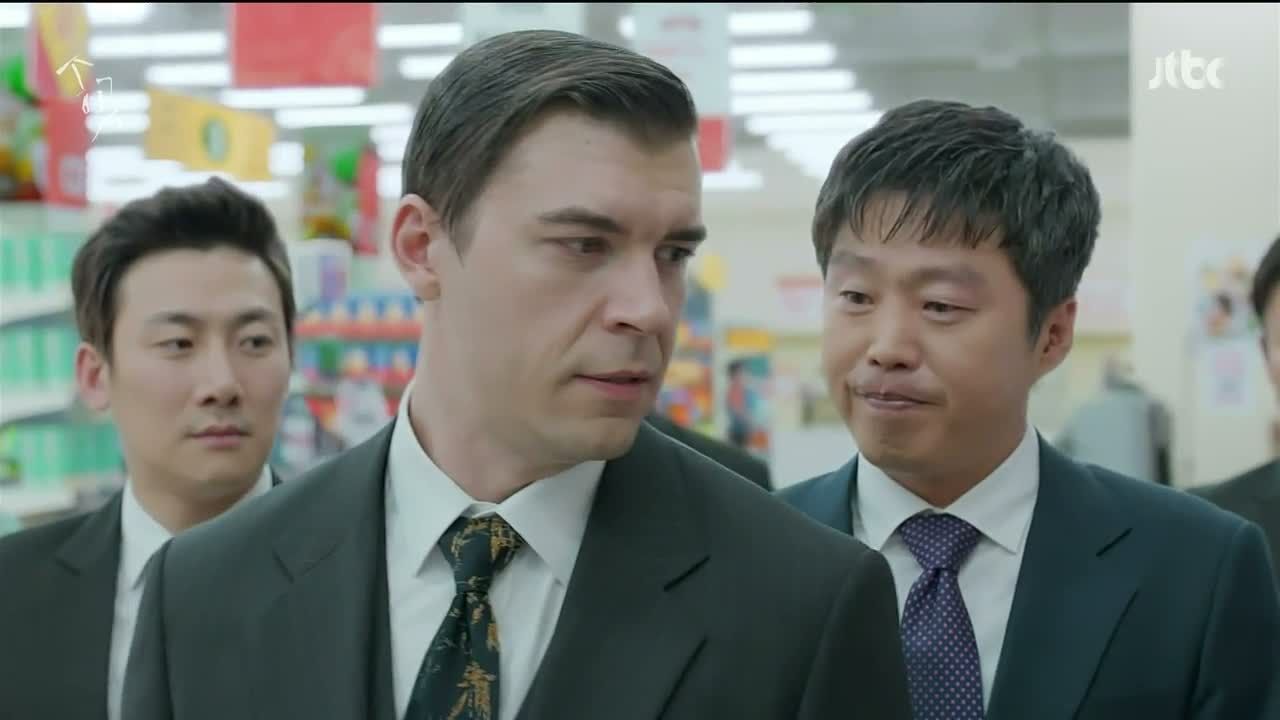

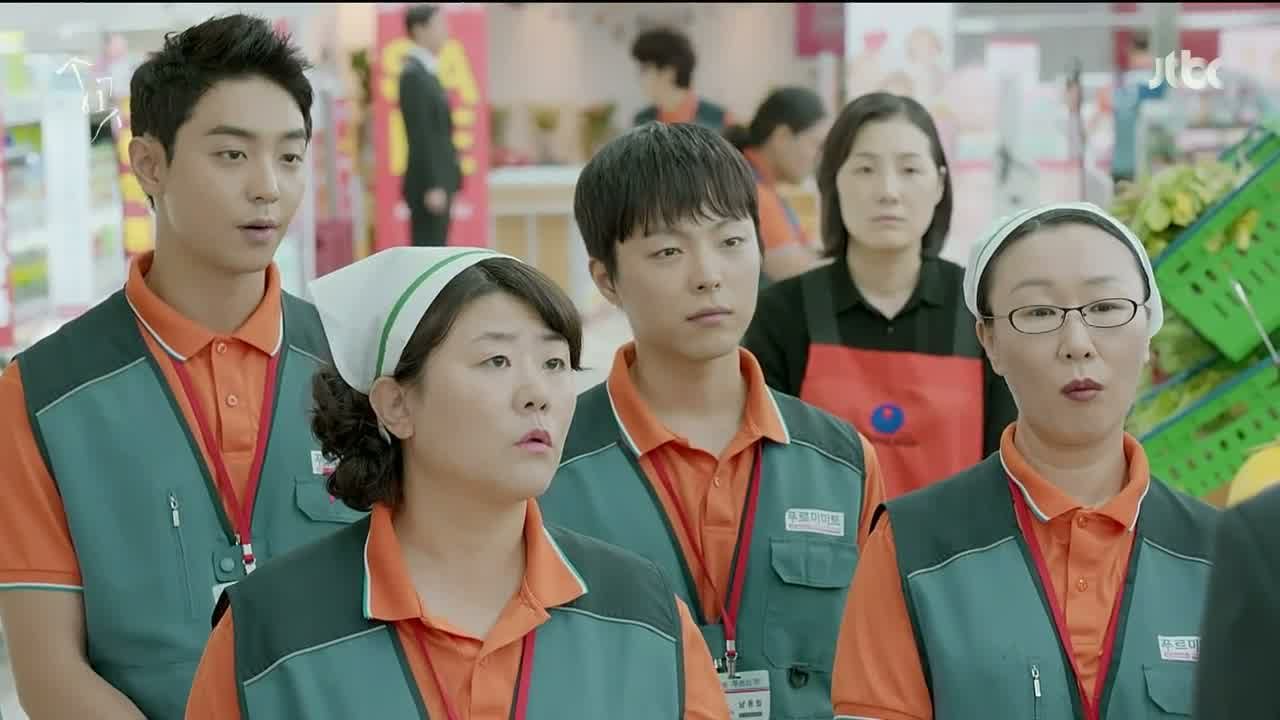
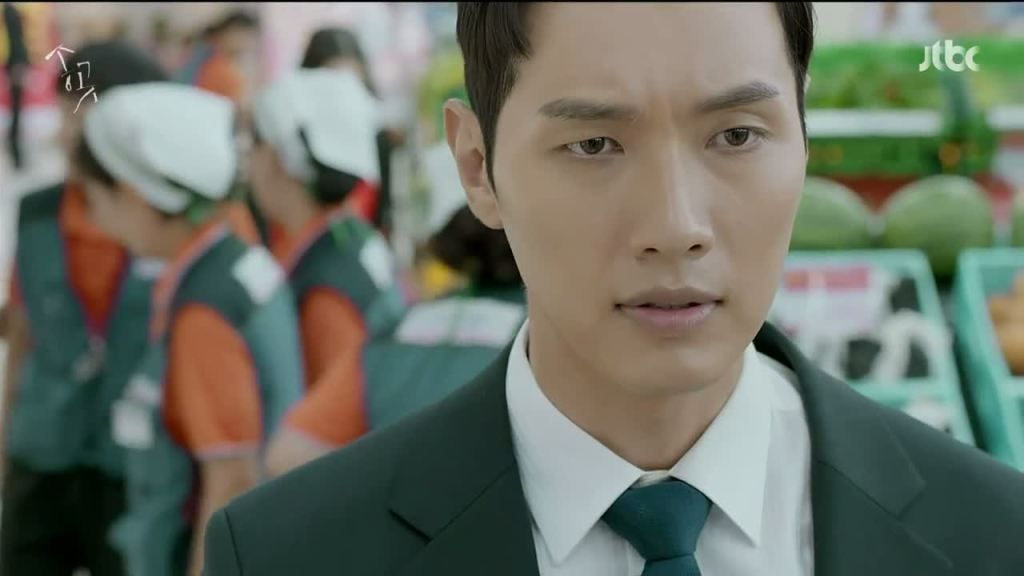
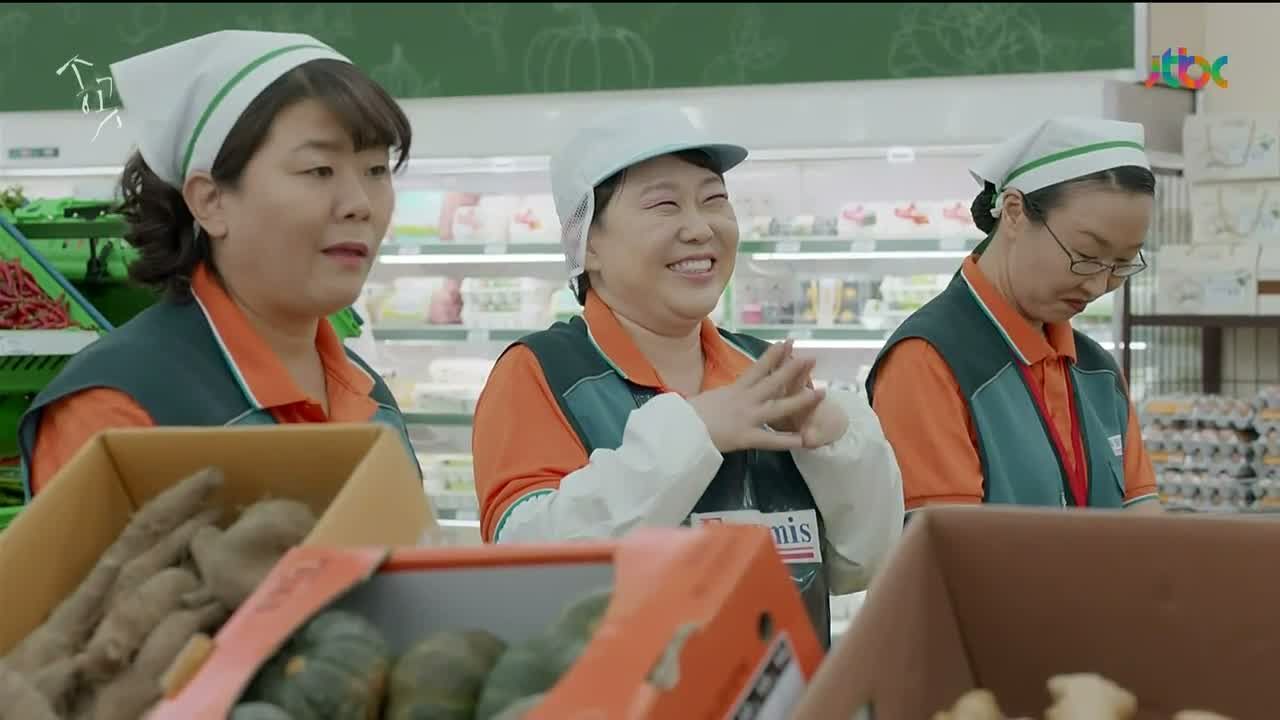
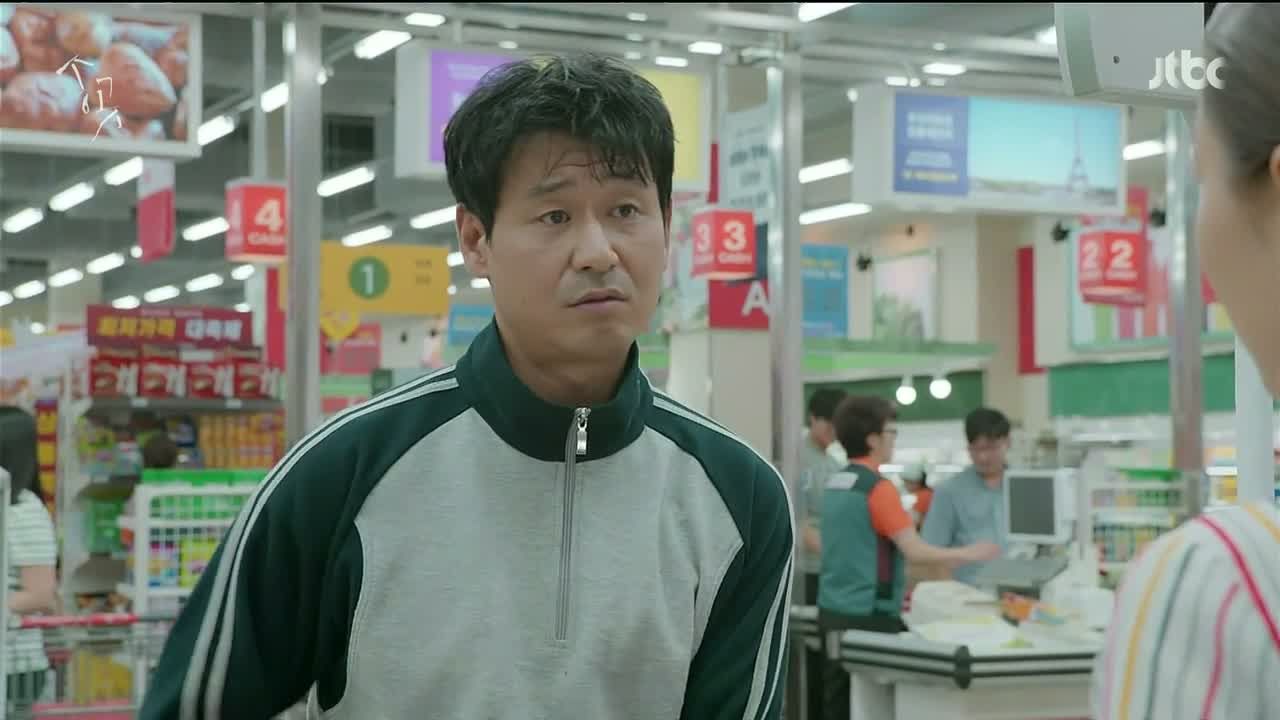
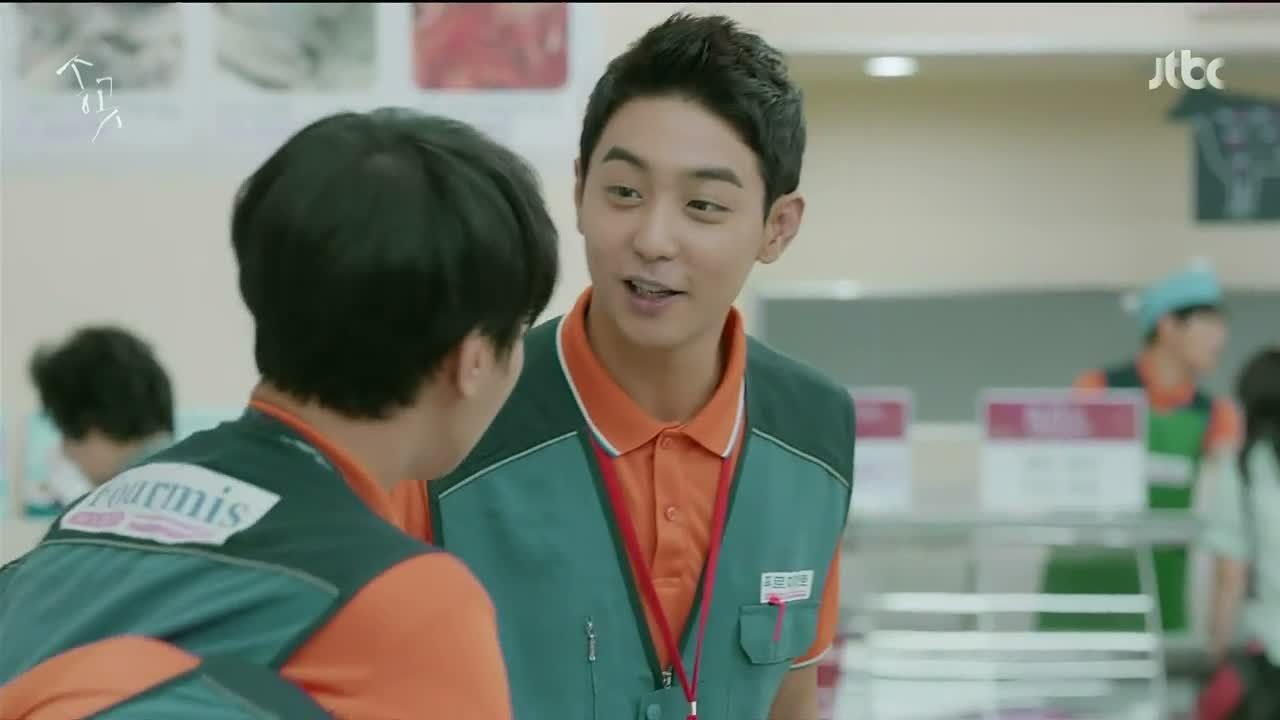
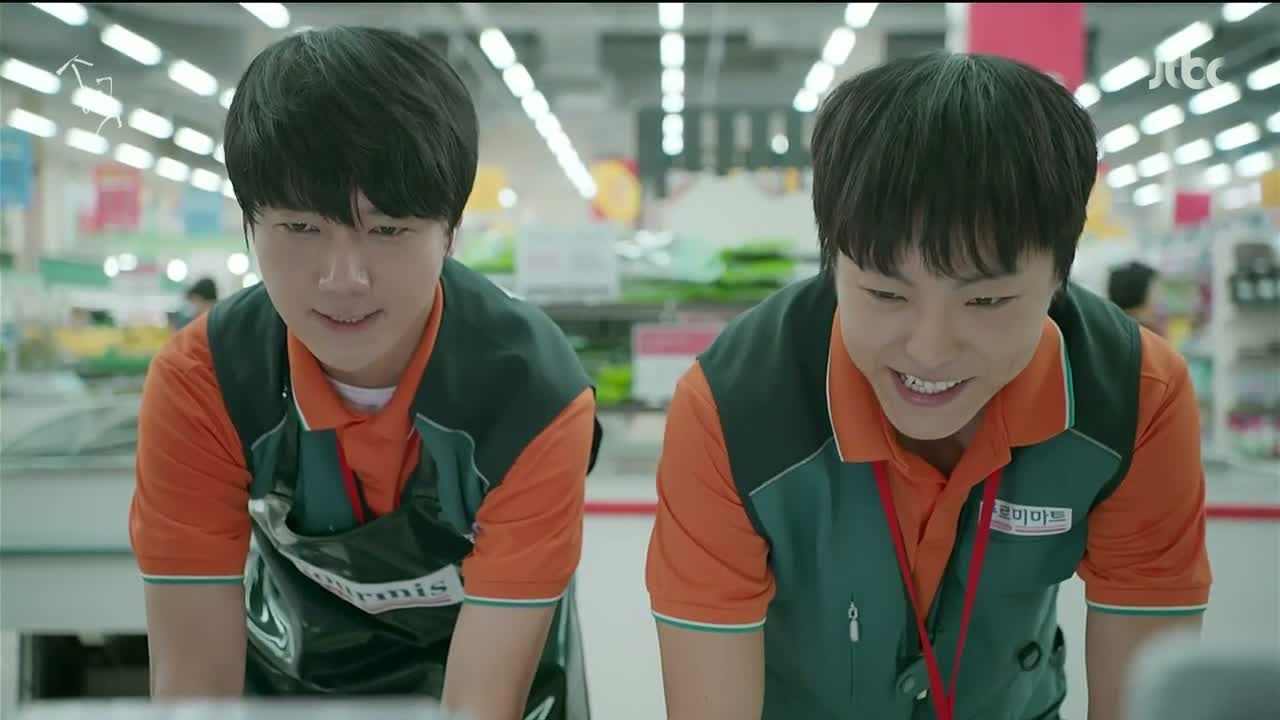
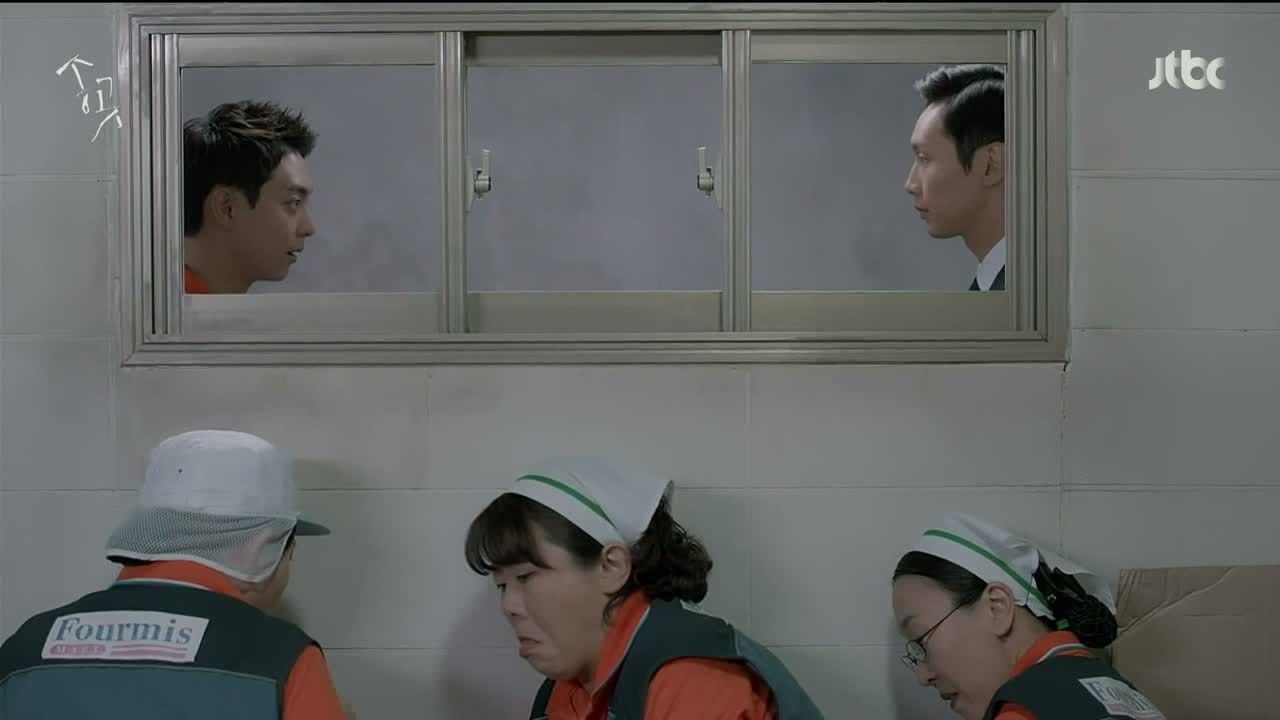
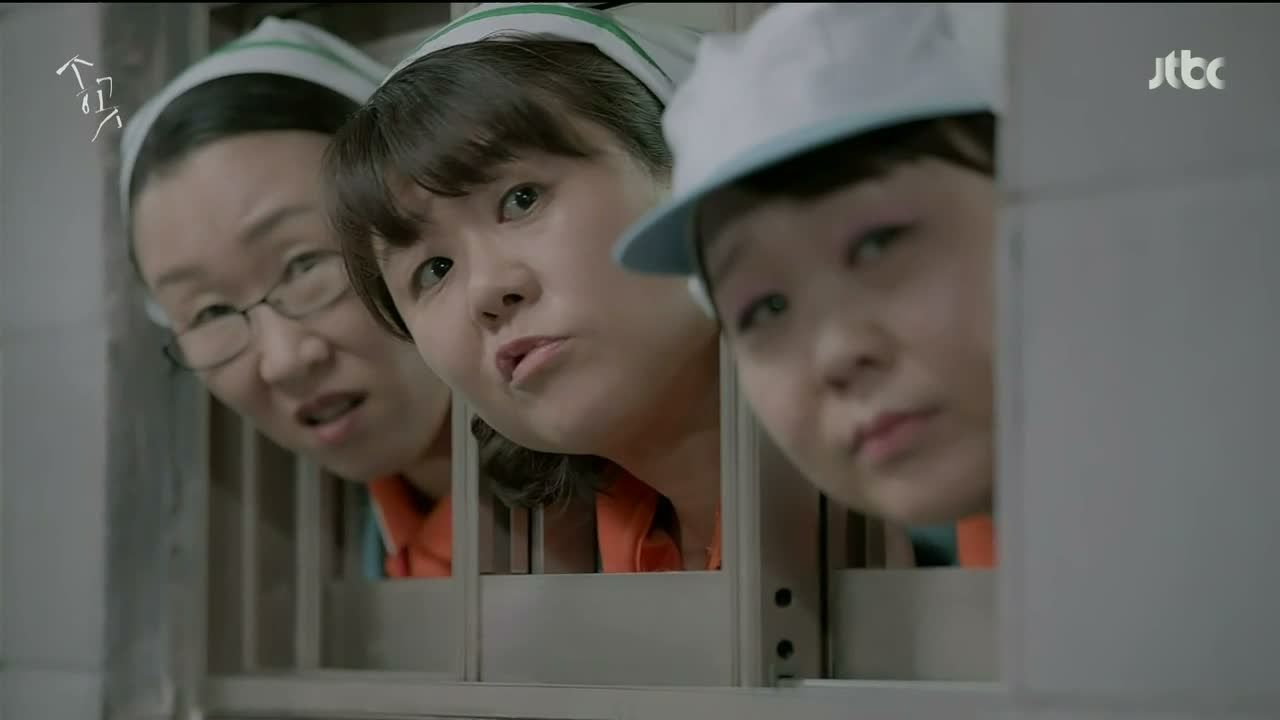
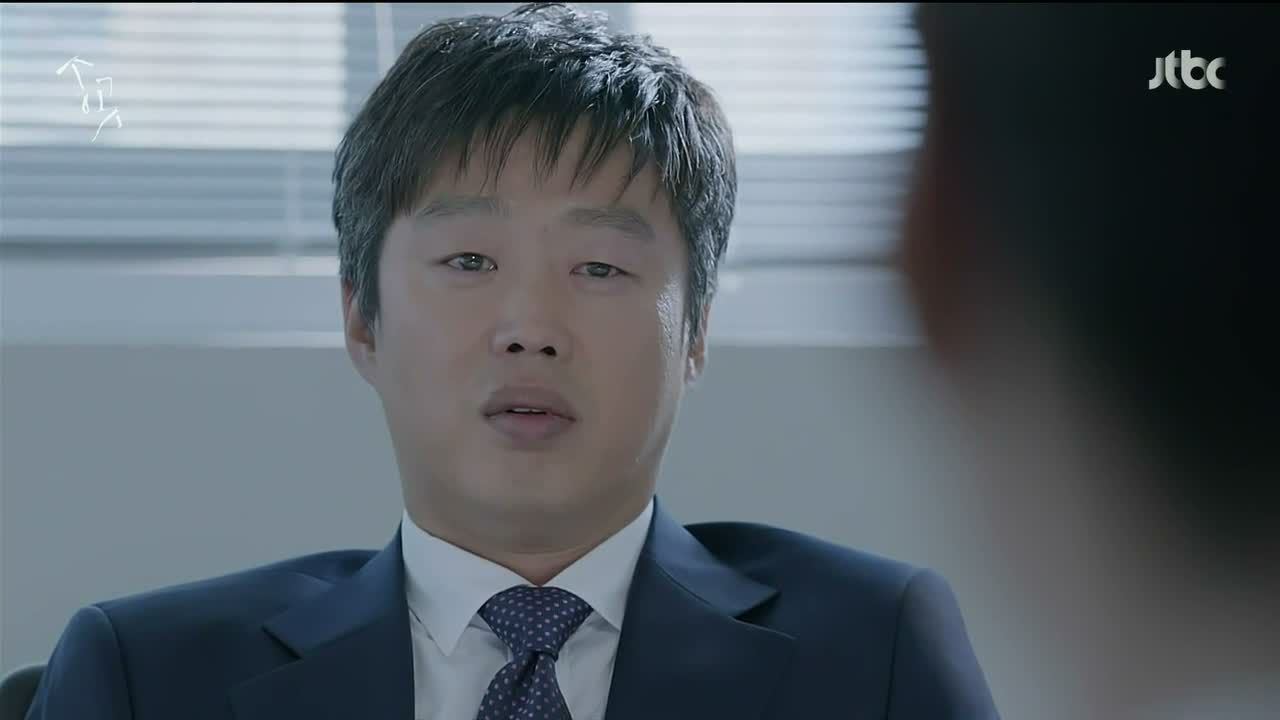
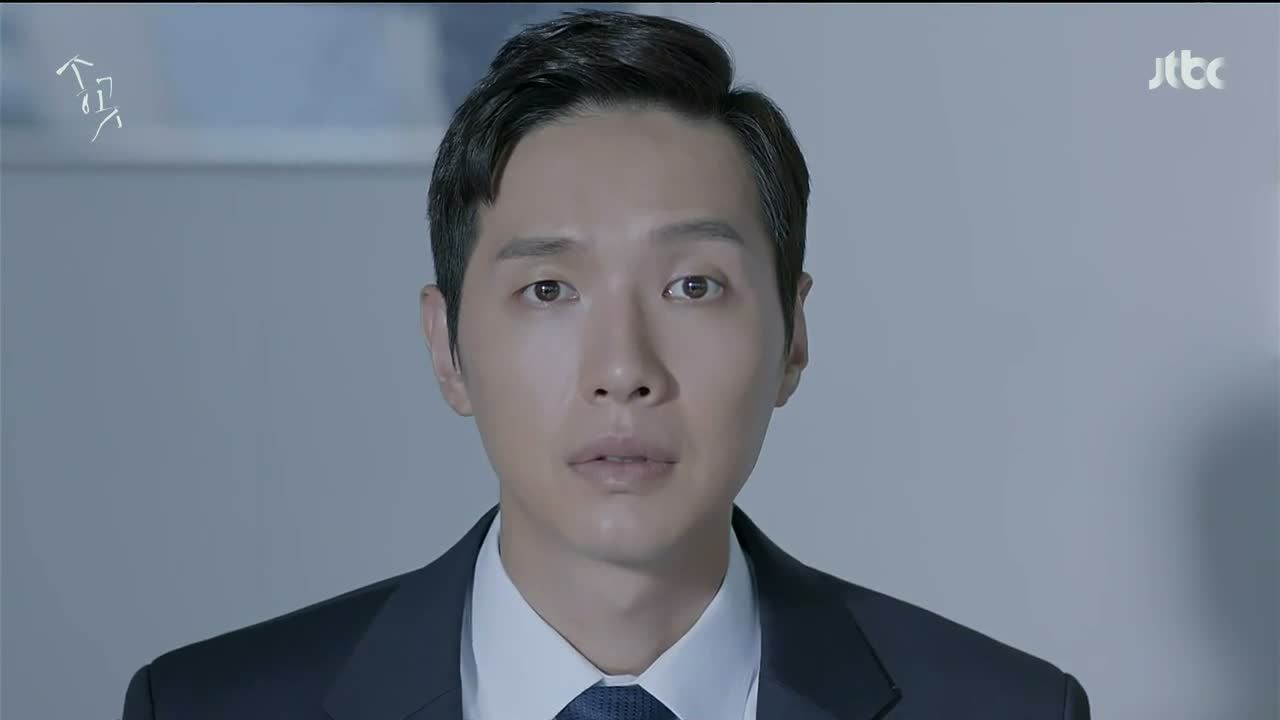
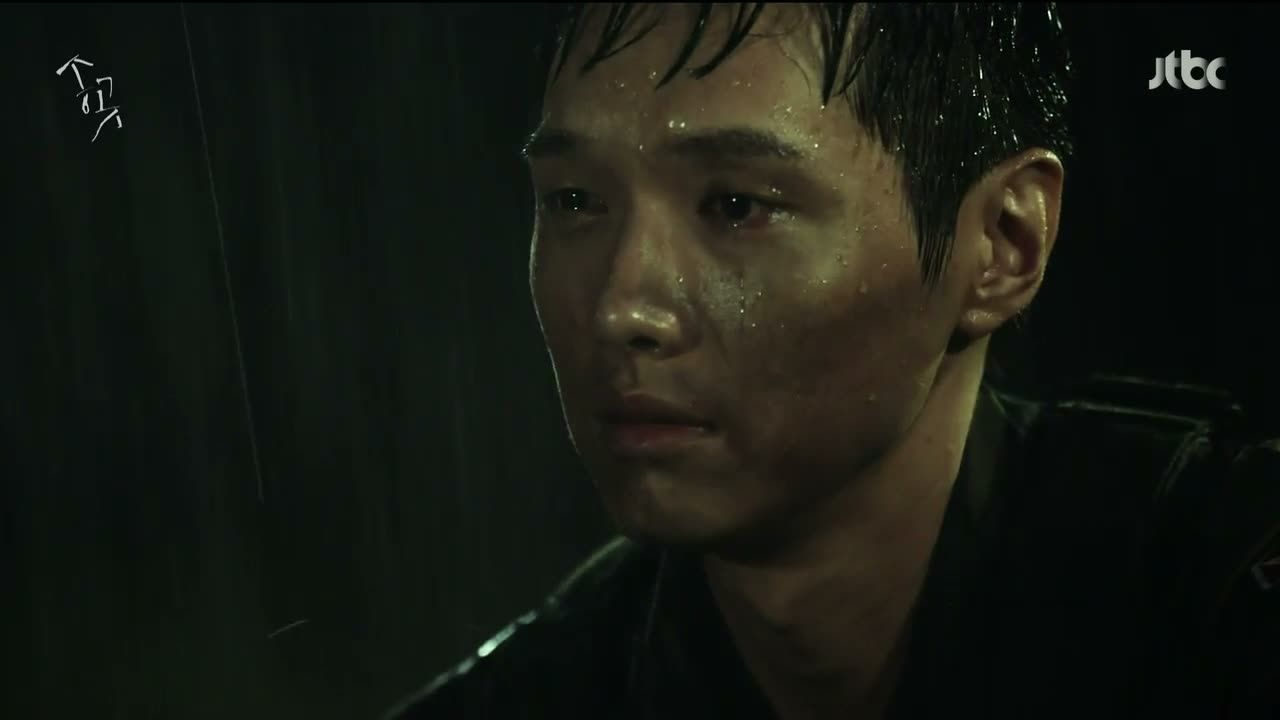
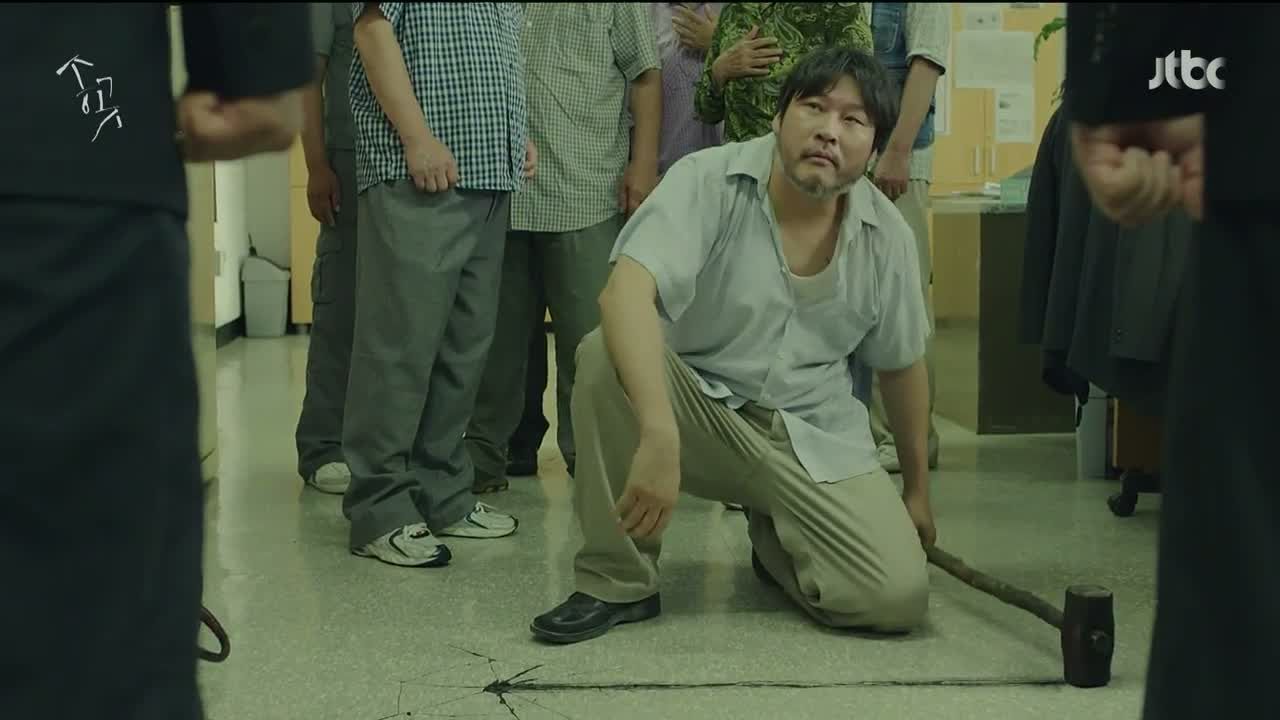
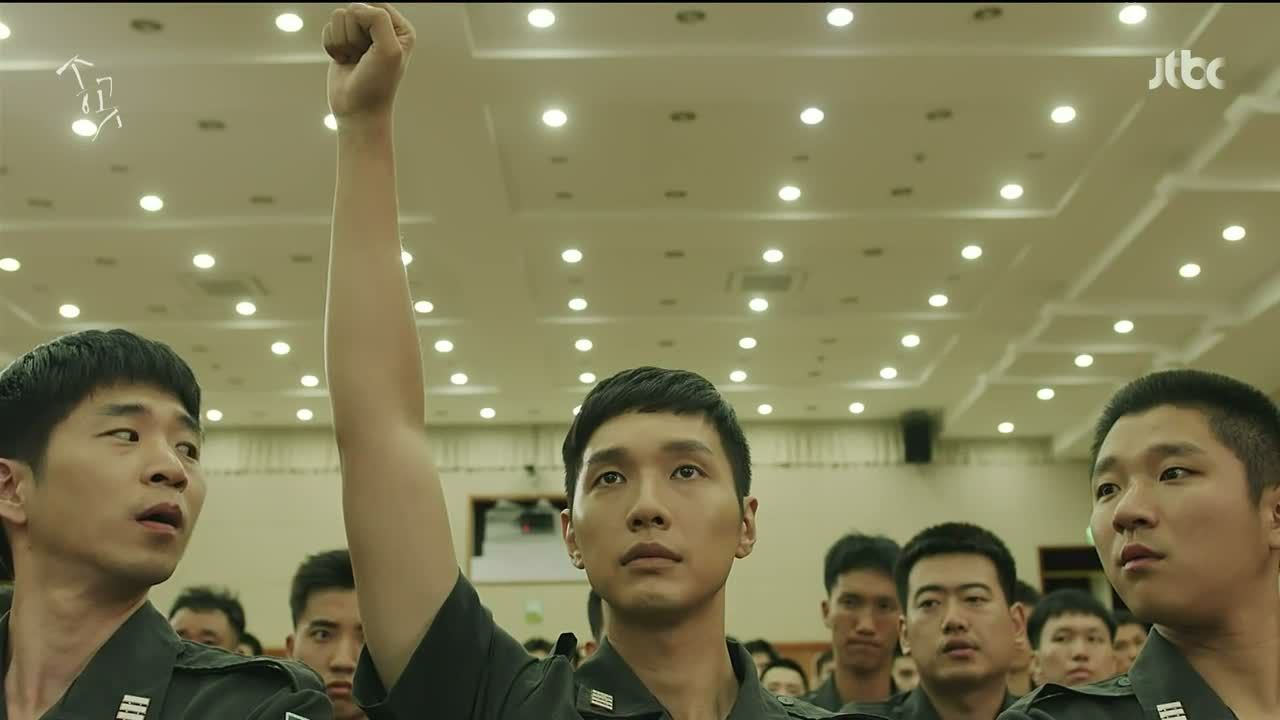
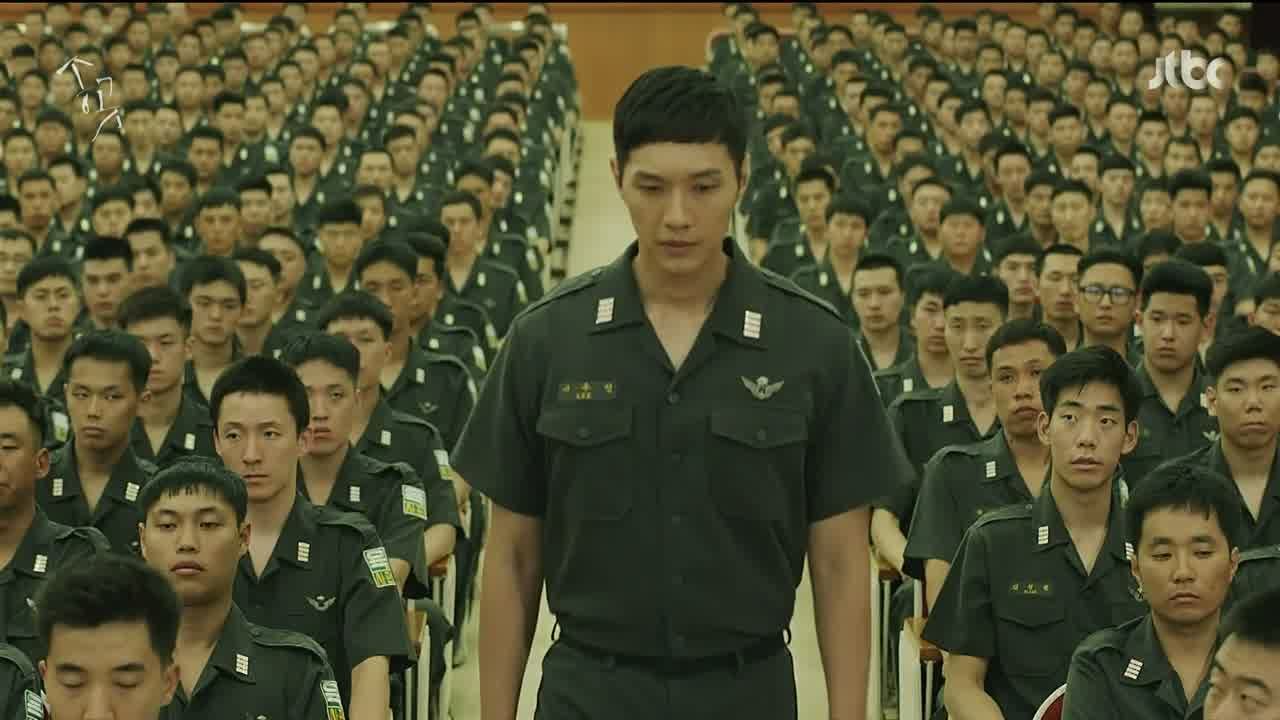
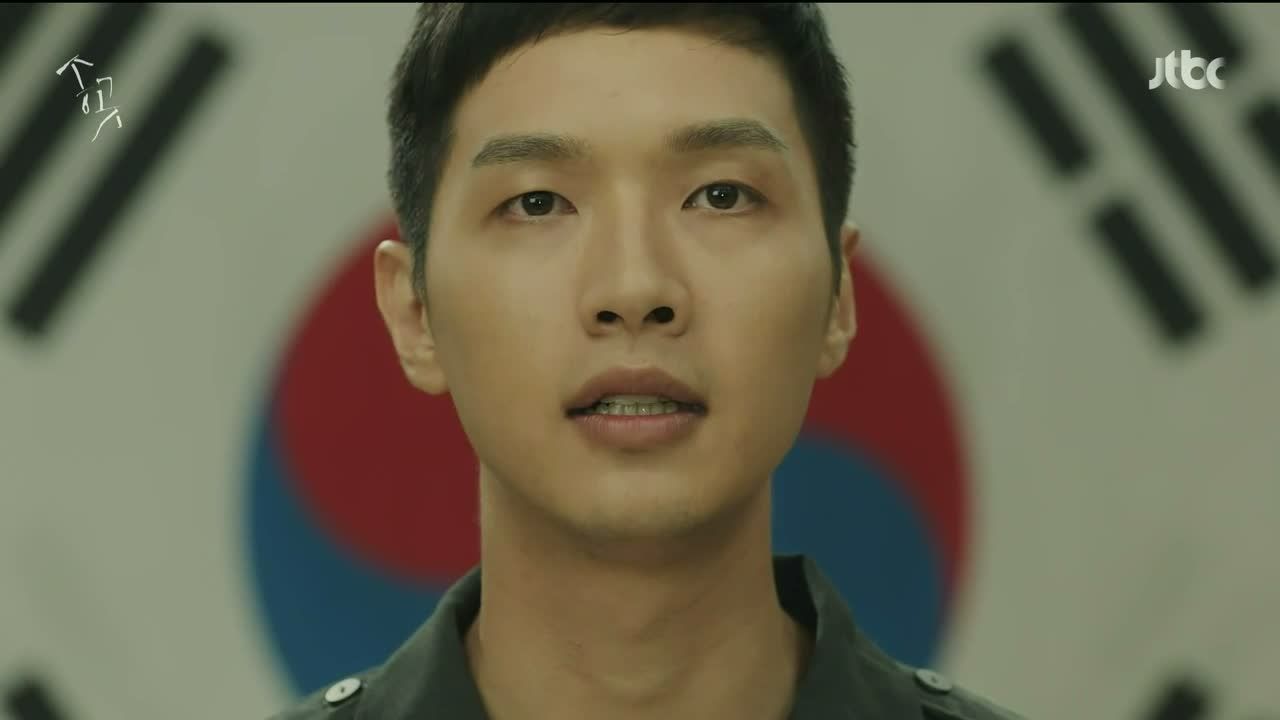
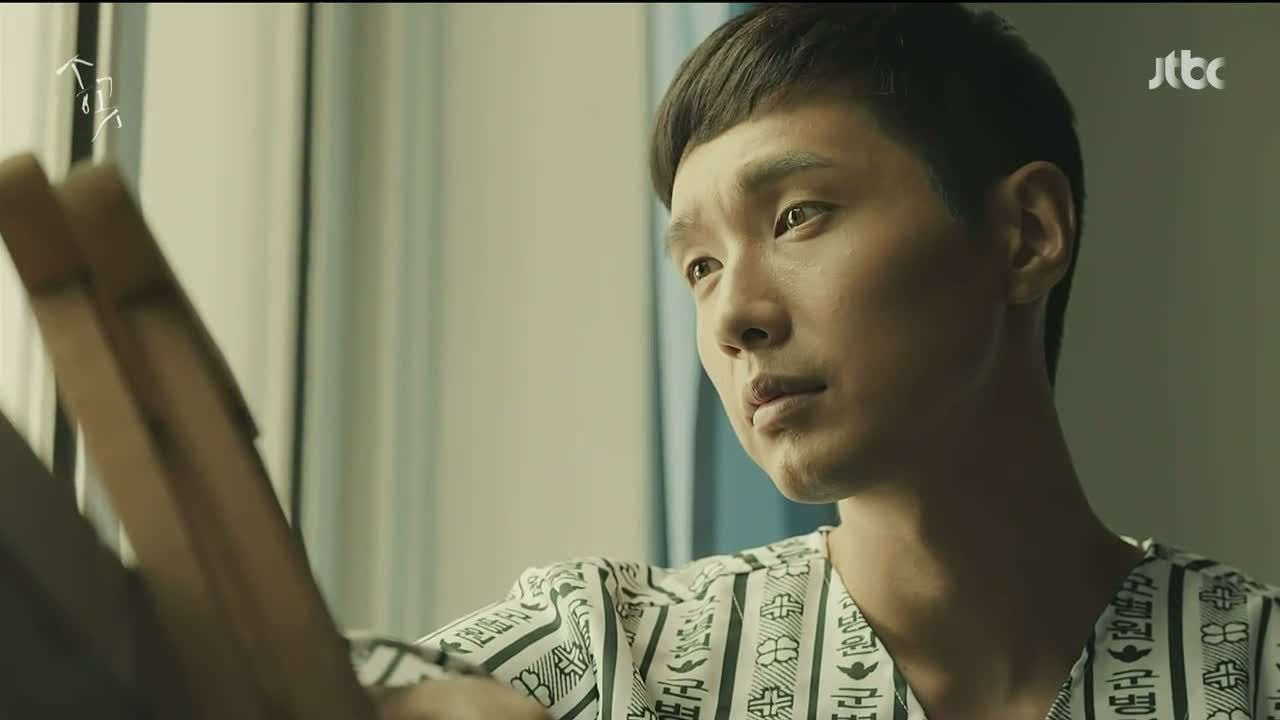
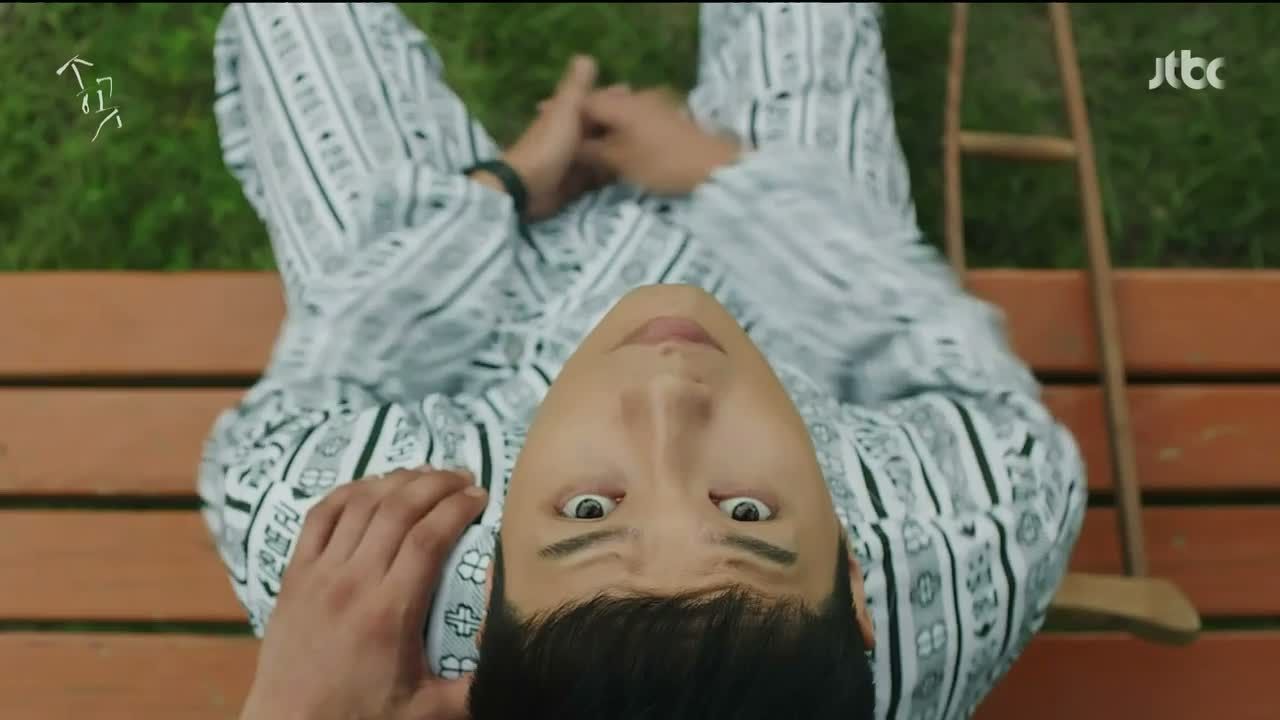
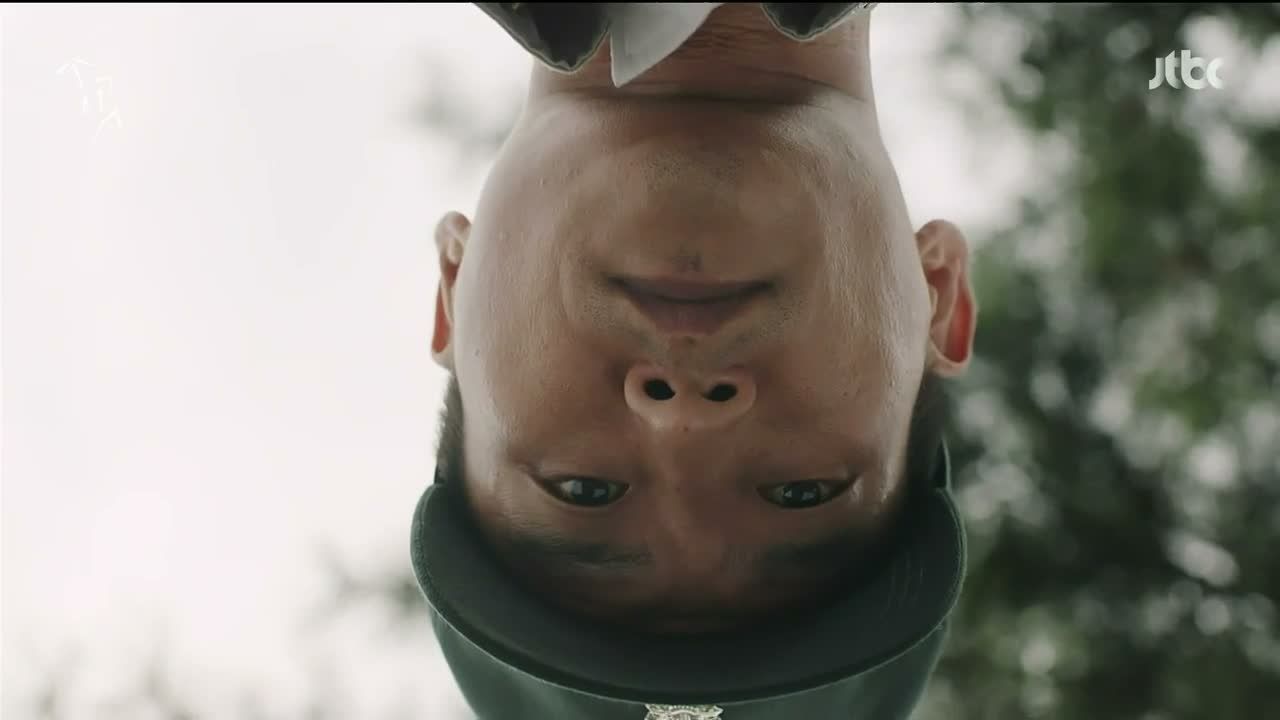
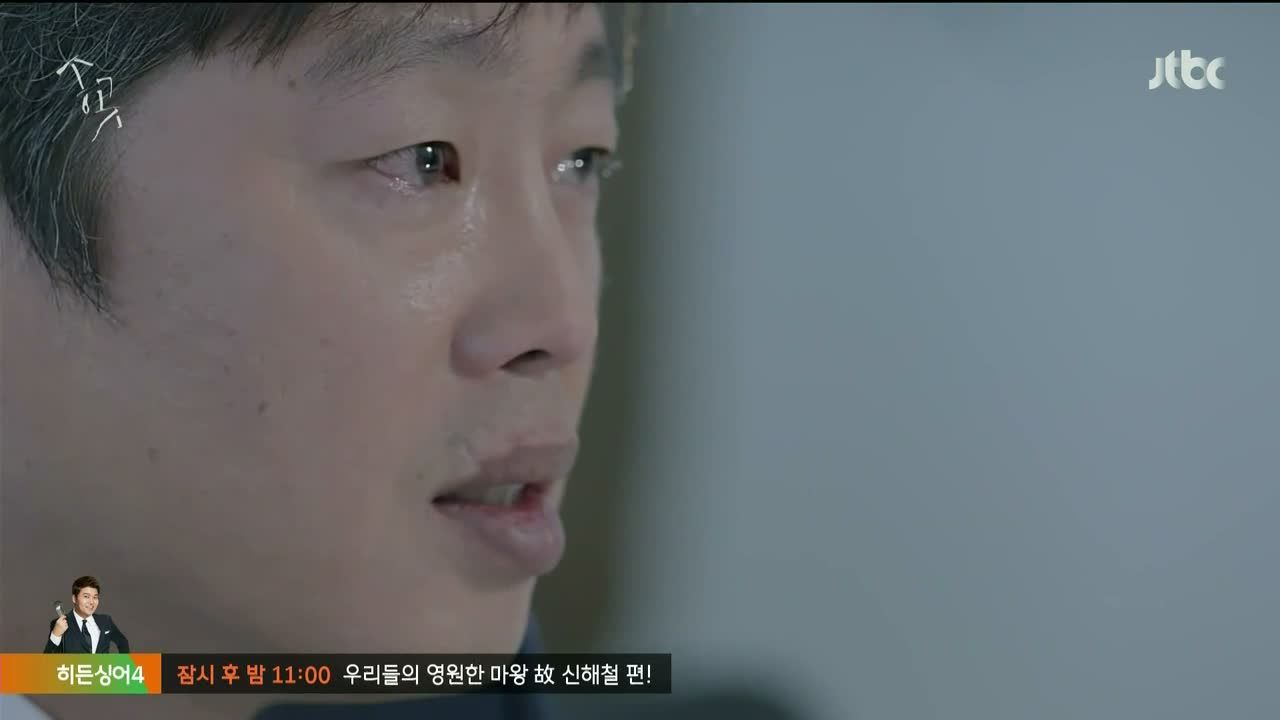
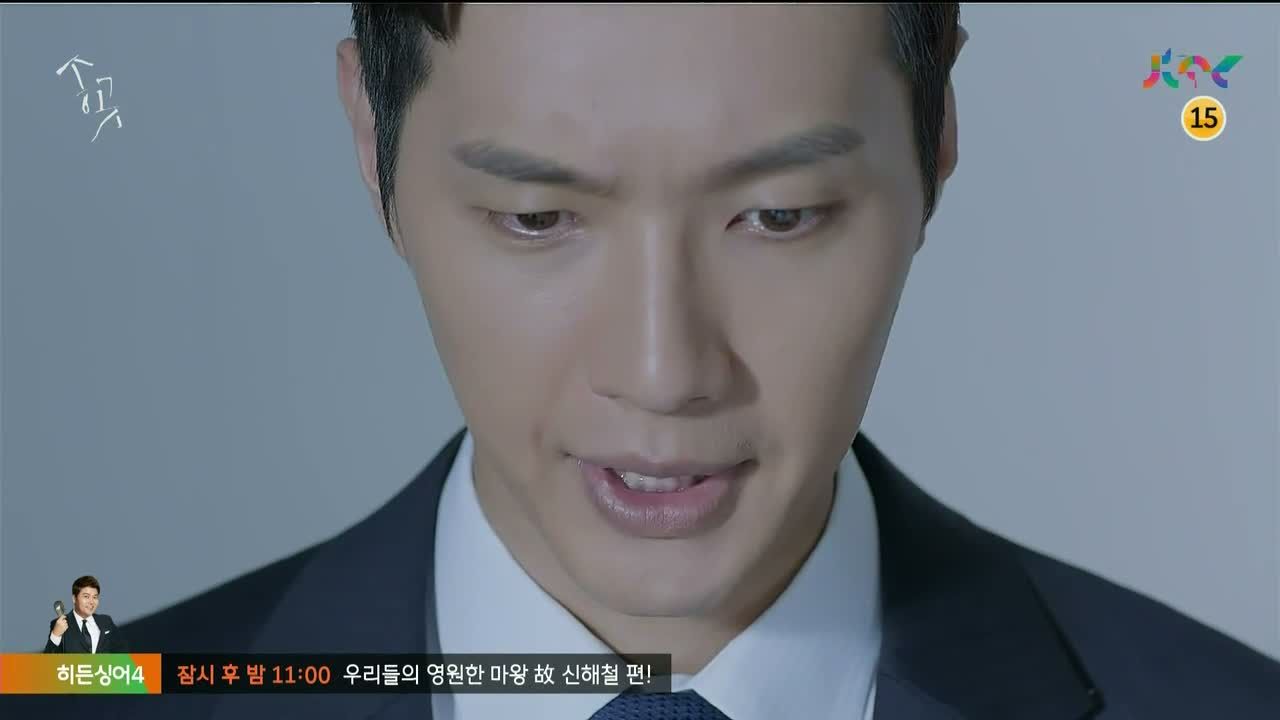
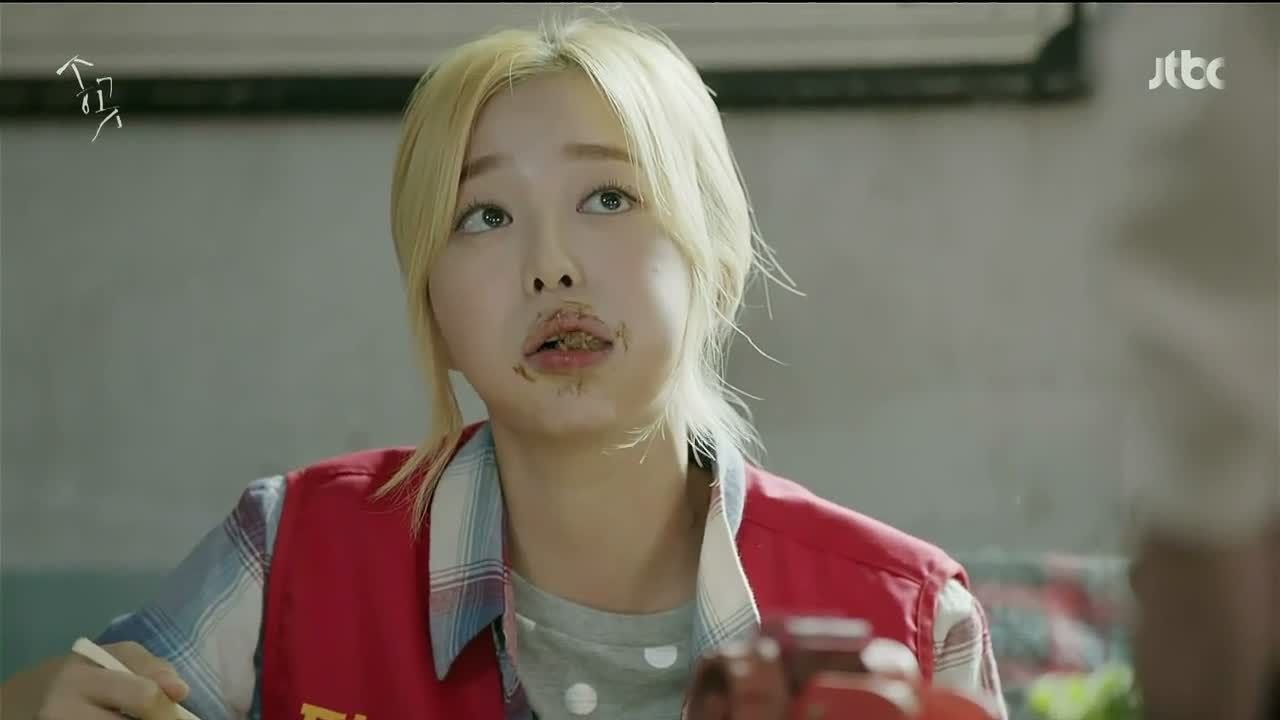
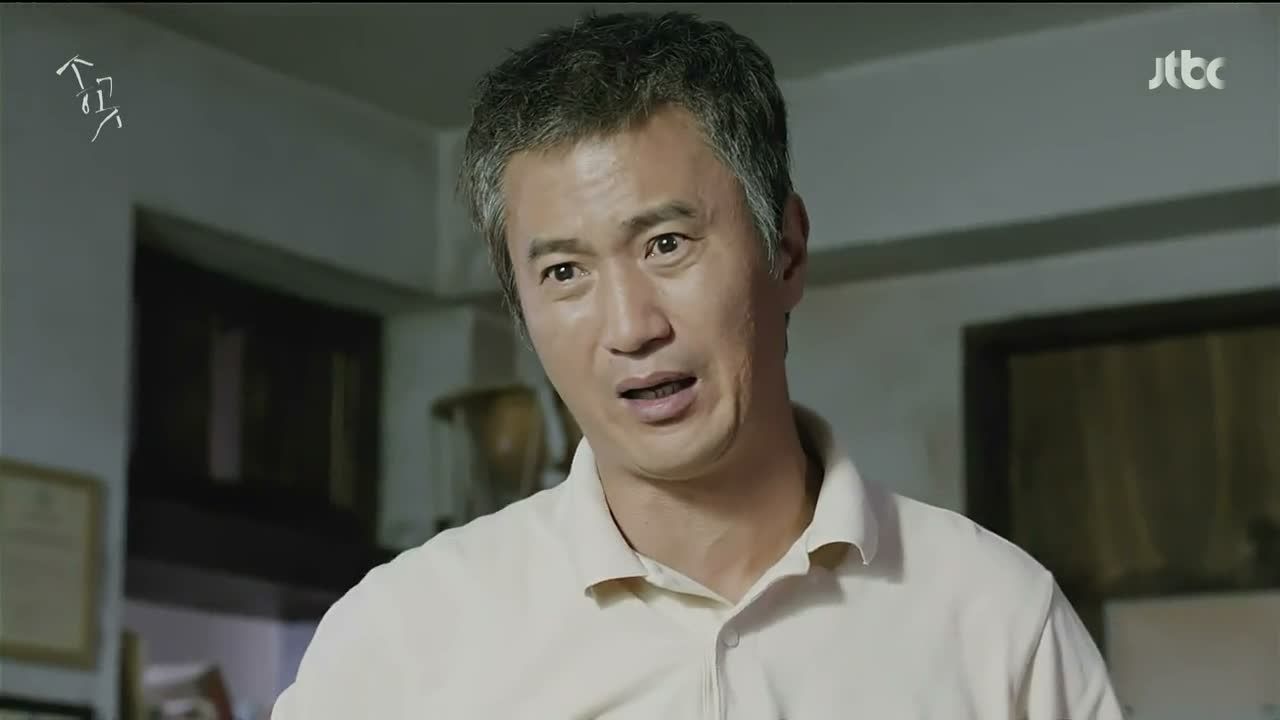
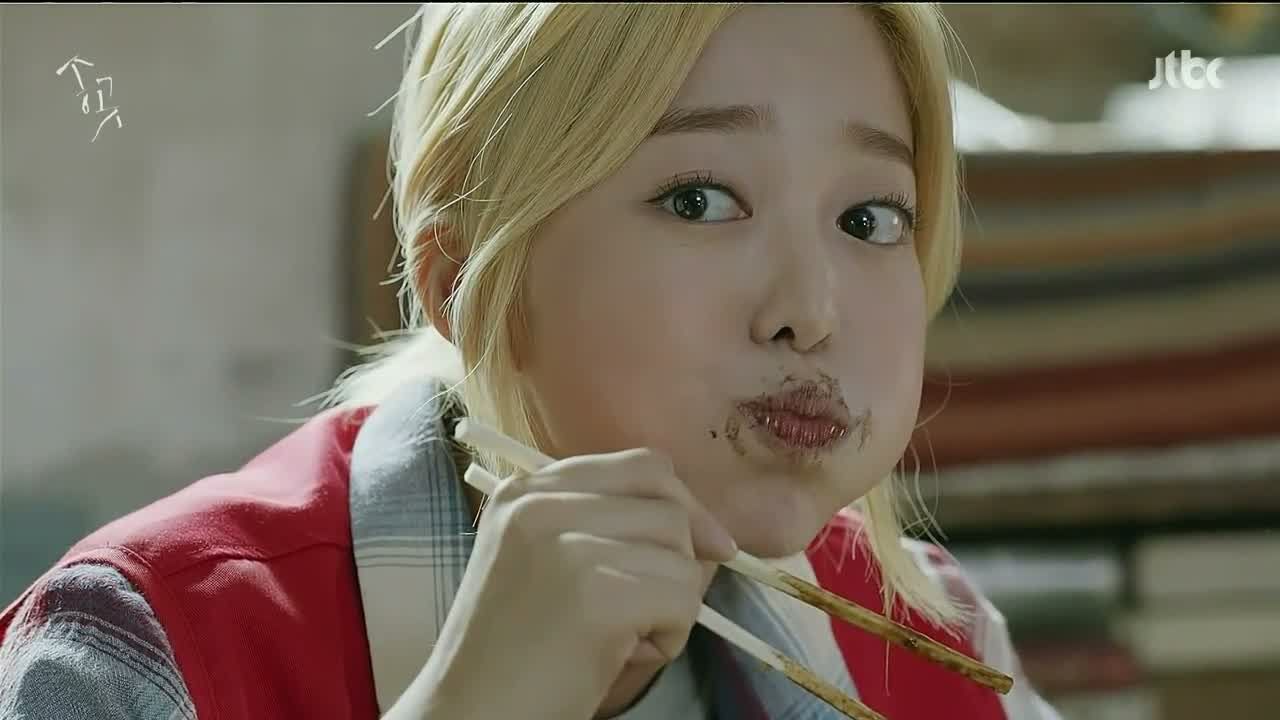
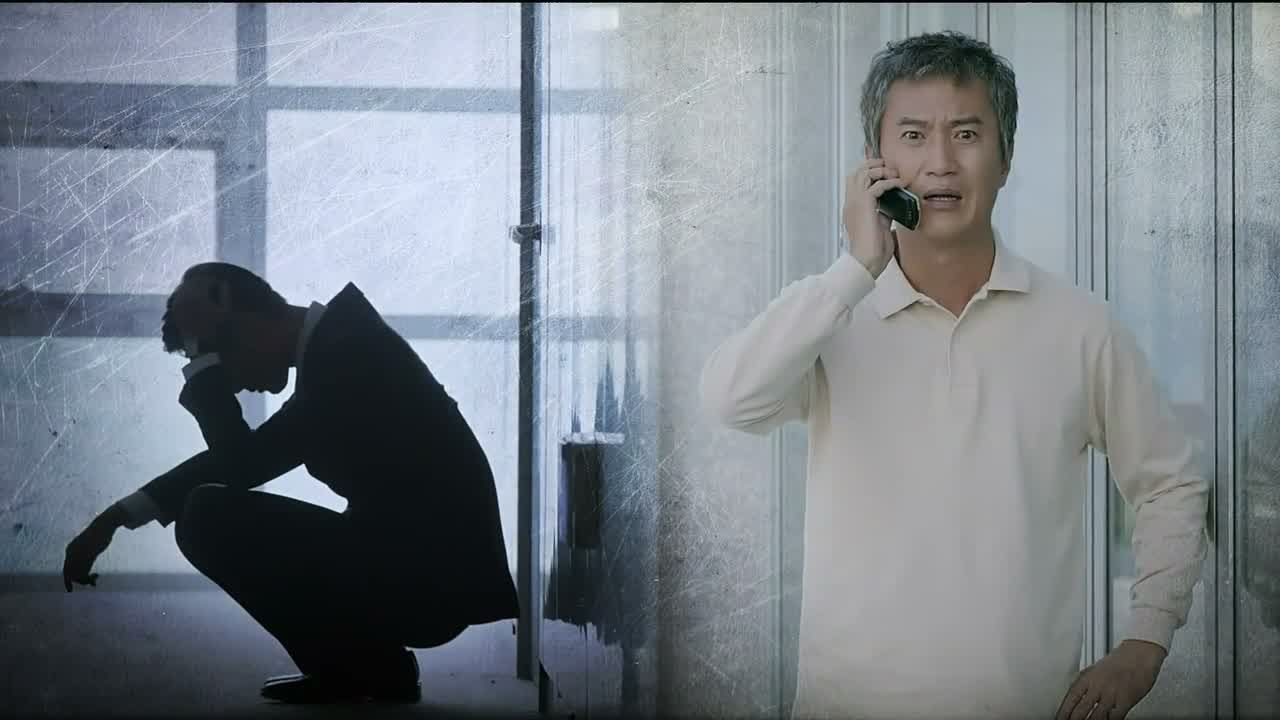
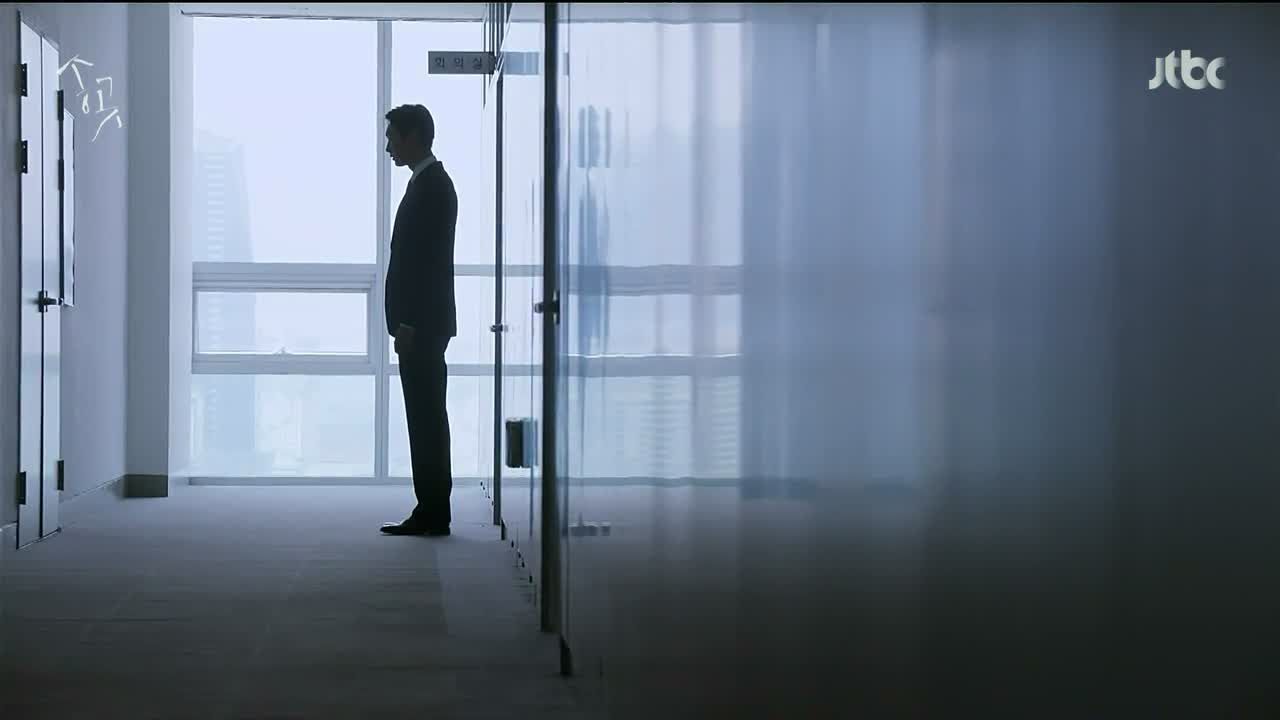
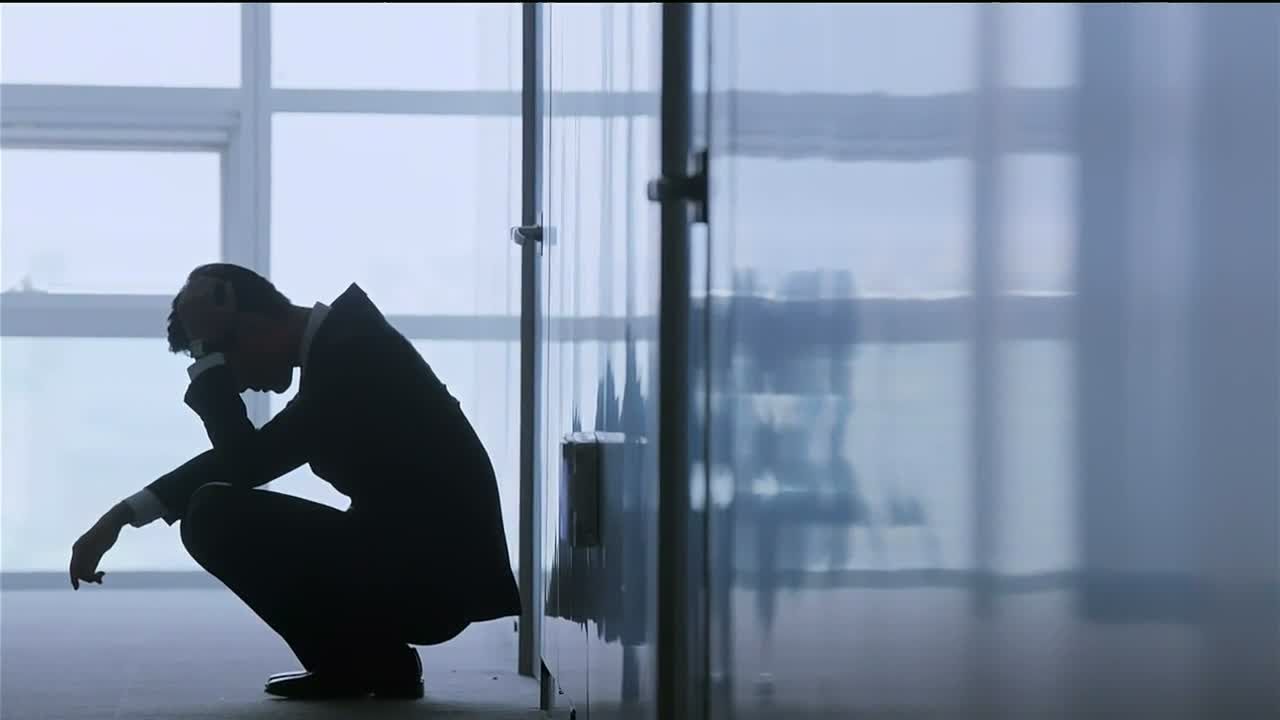
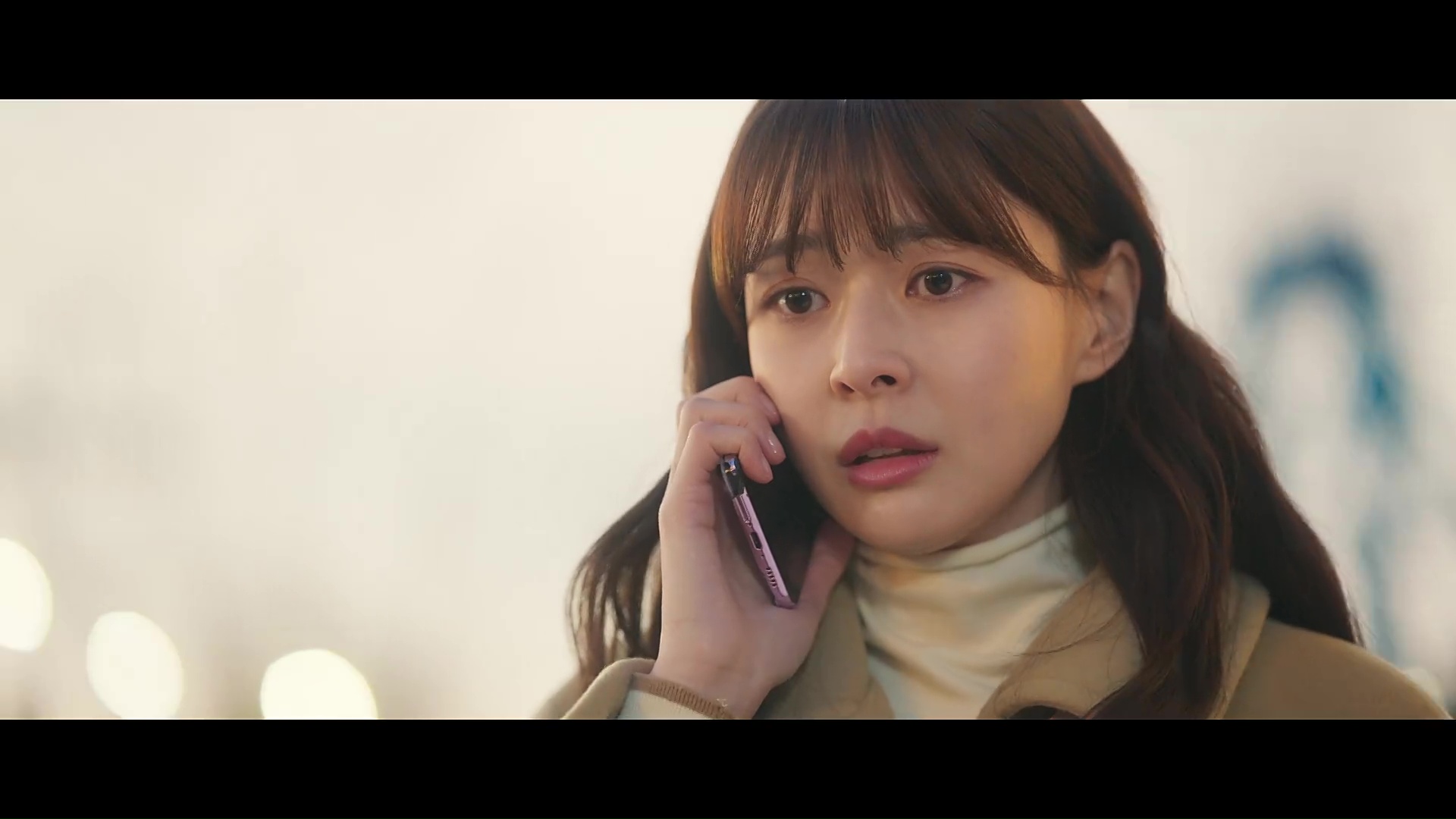
![[K-drama Treasure Hunt] Heart-fluttery bottle opening](https://d263ao8qih4miy.cloudfront.net/wp-content/uploads/2023/05/Kdrama-treasure-hunt.png)
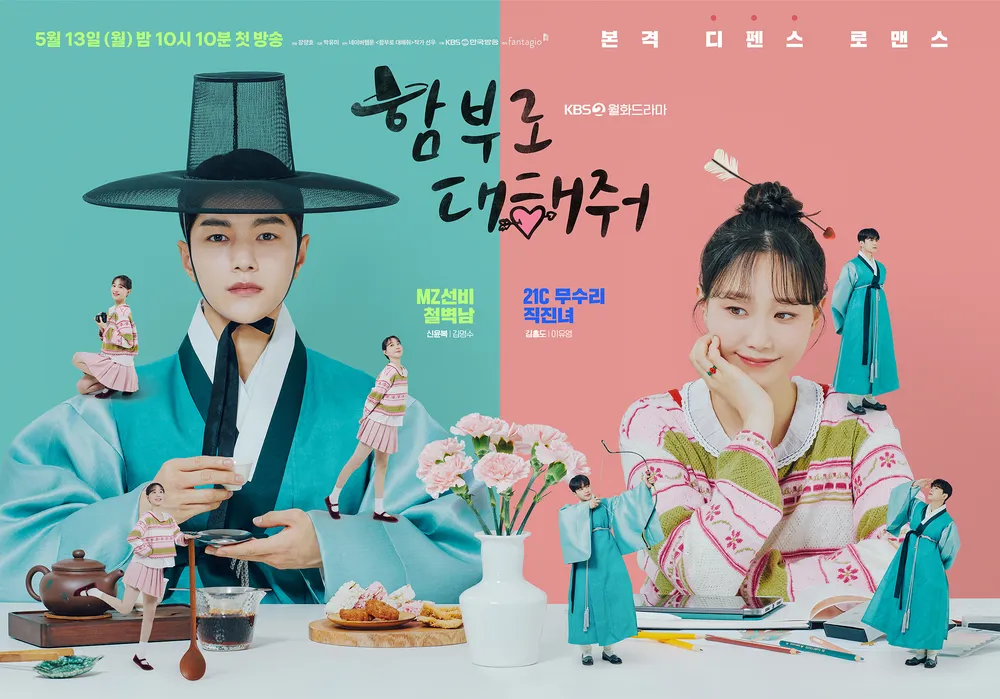
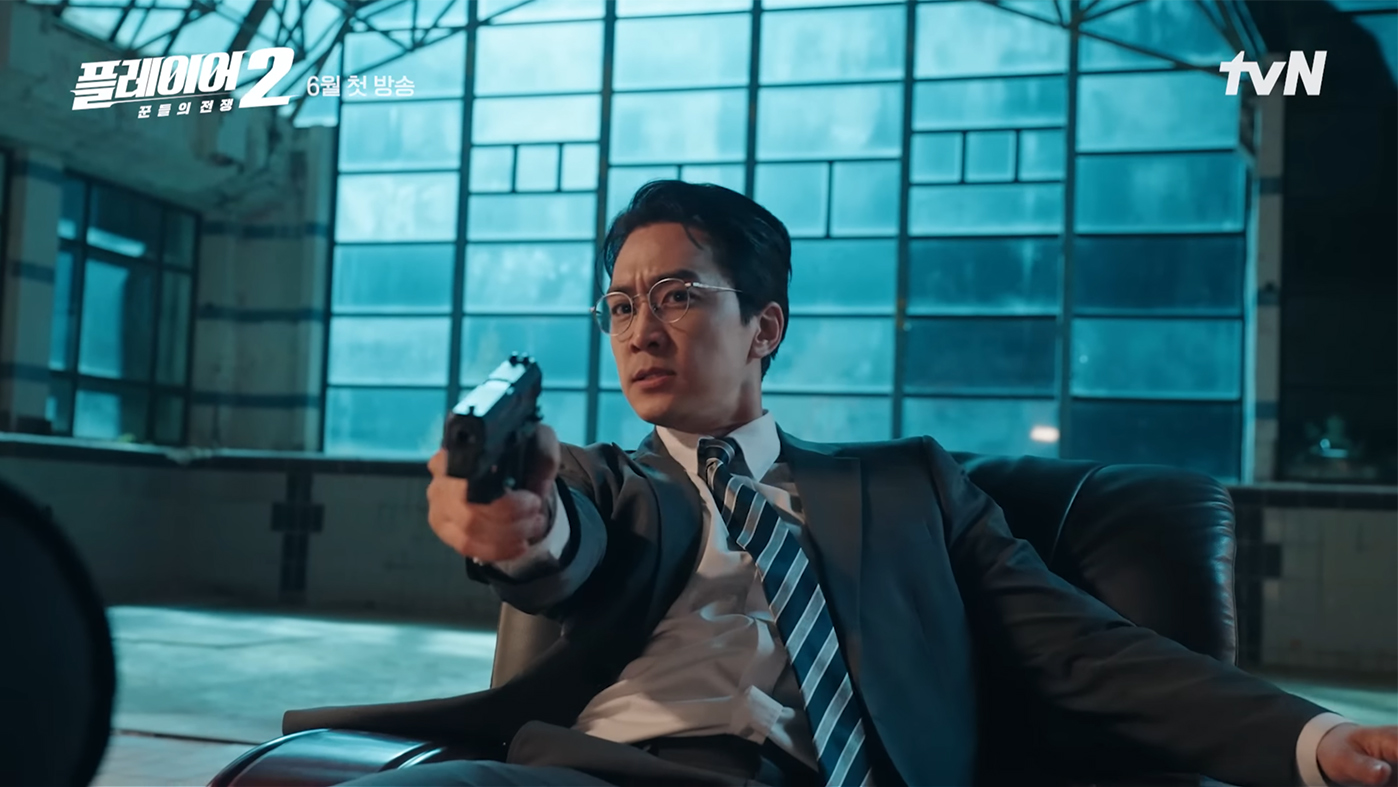
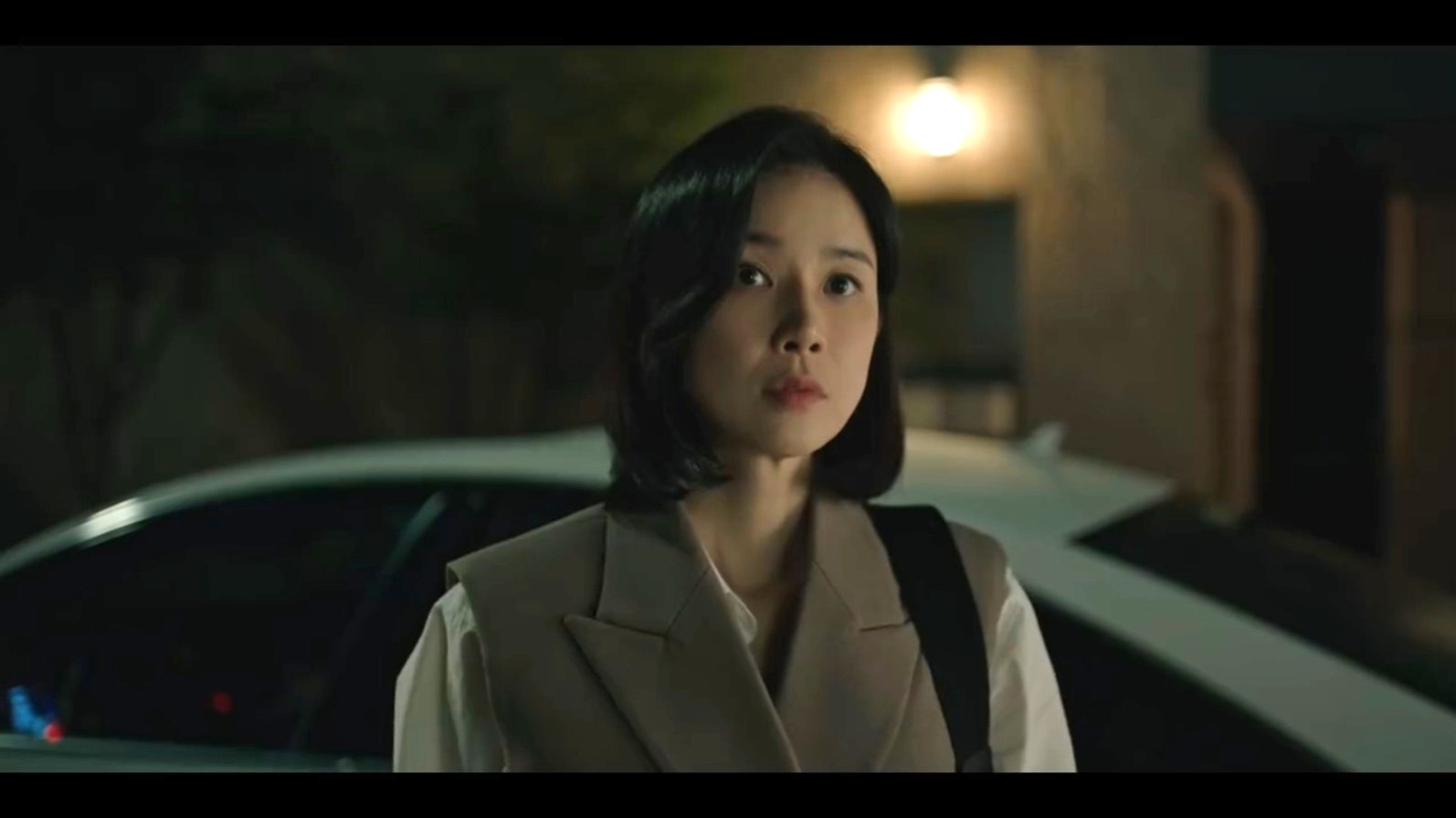
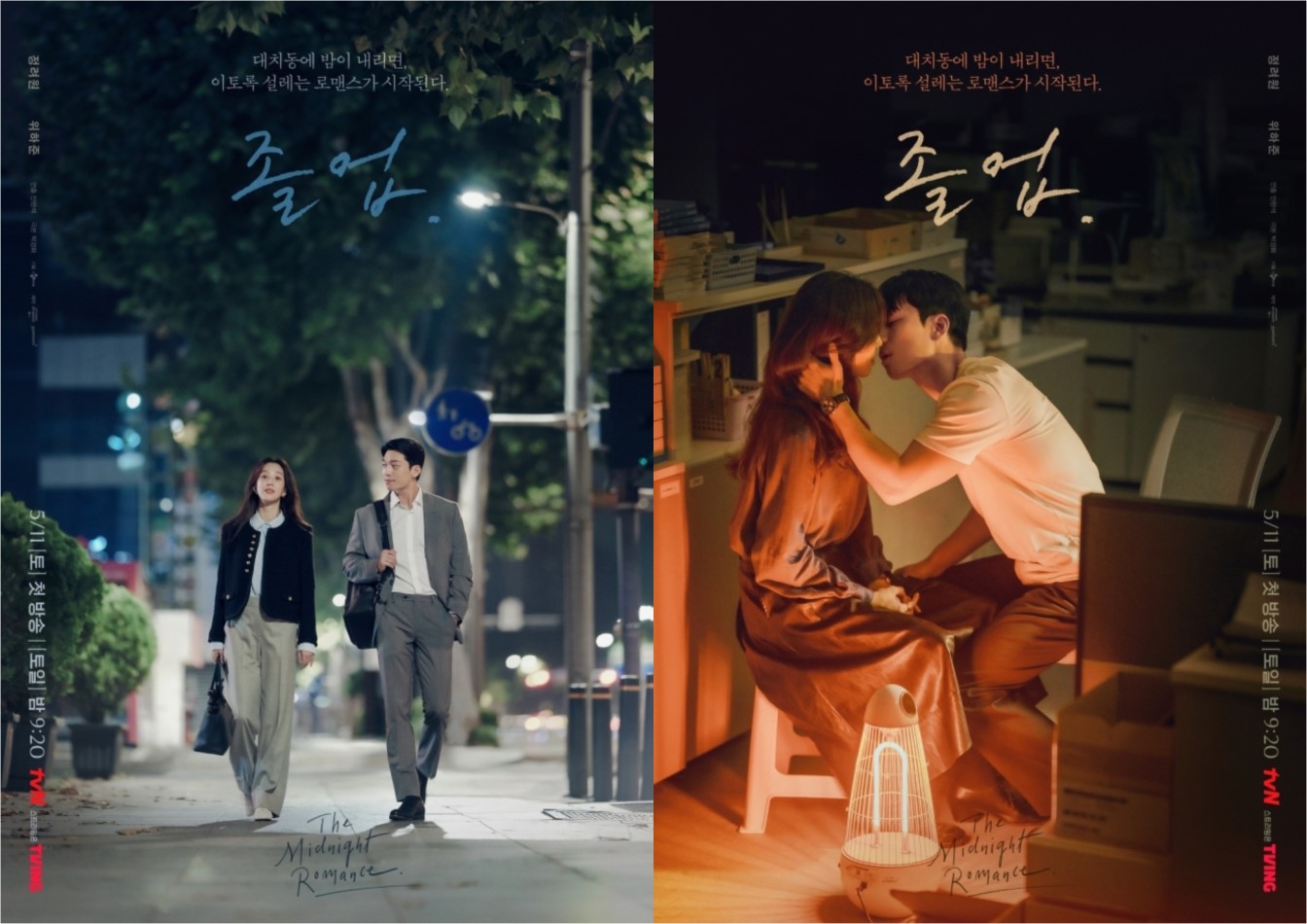
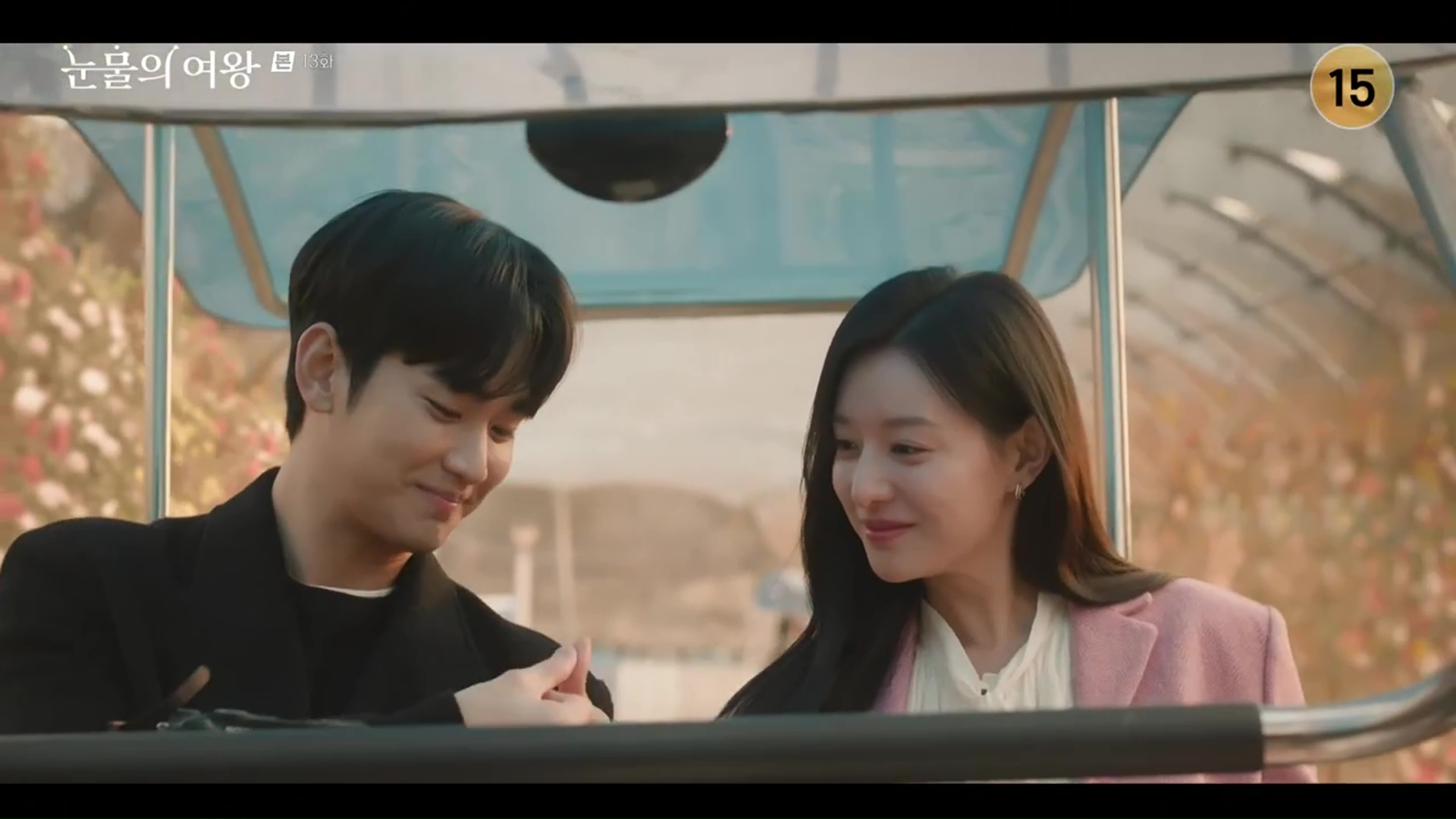
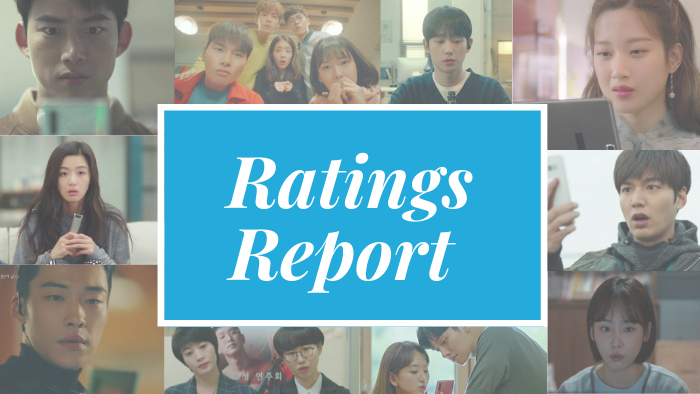
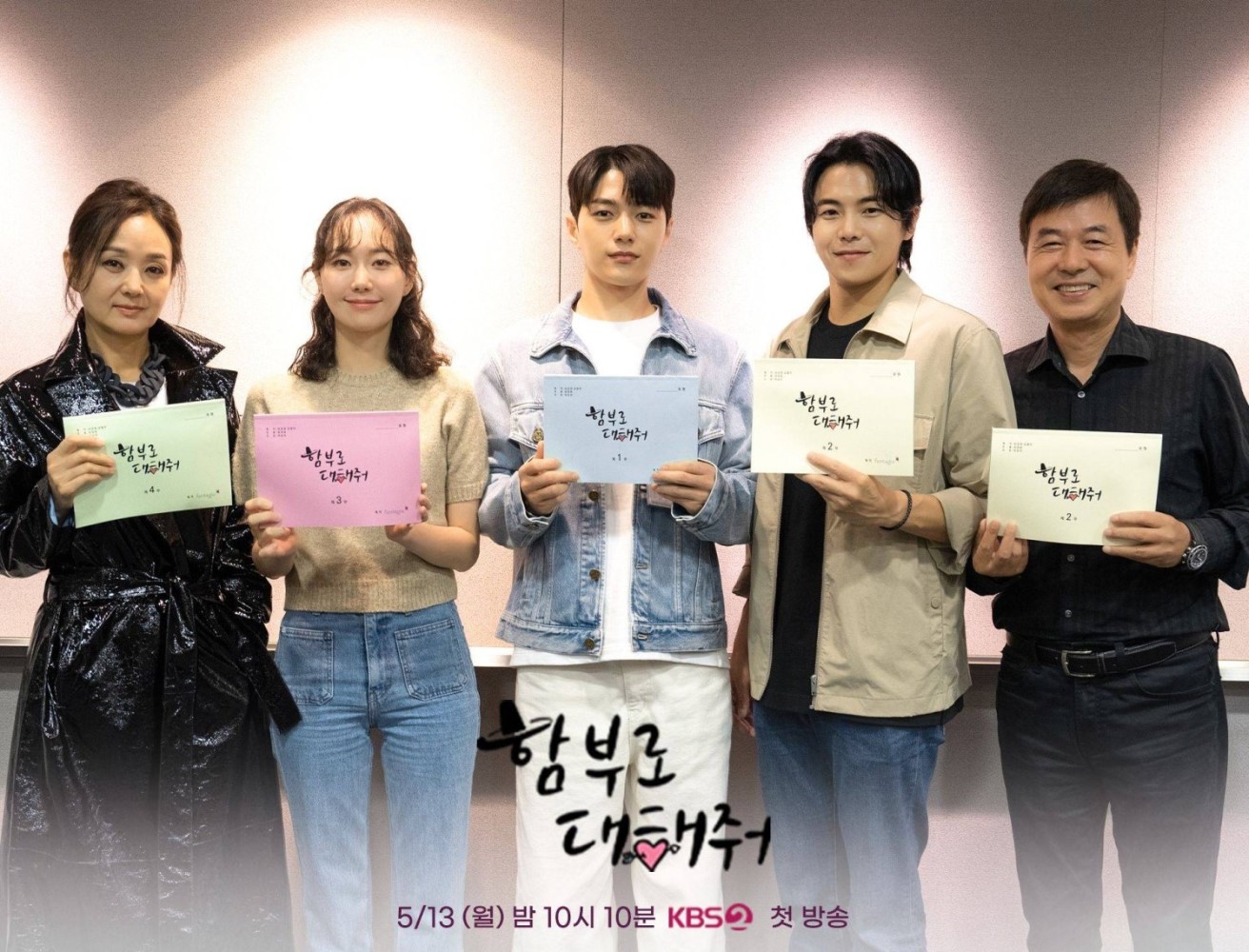
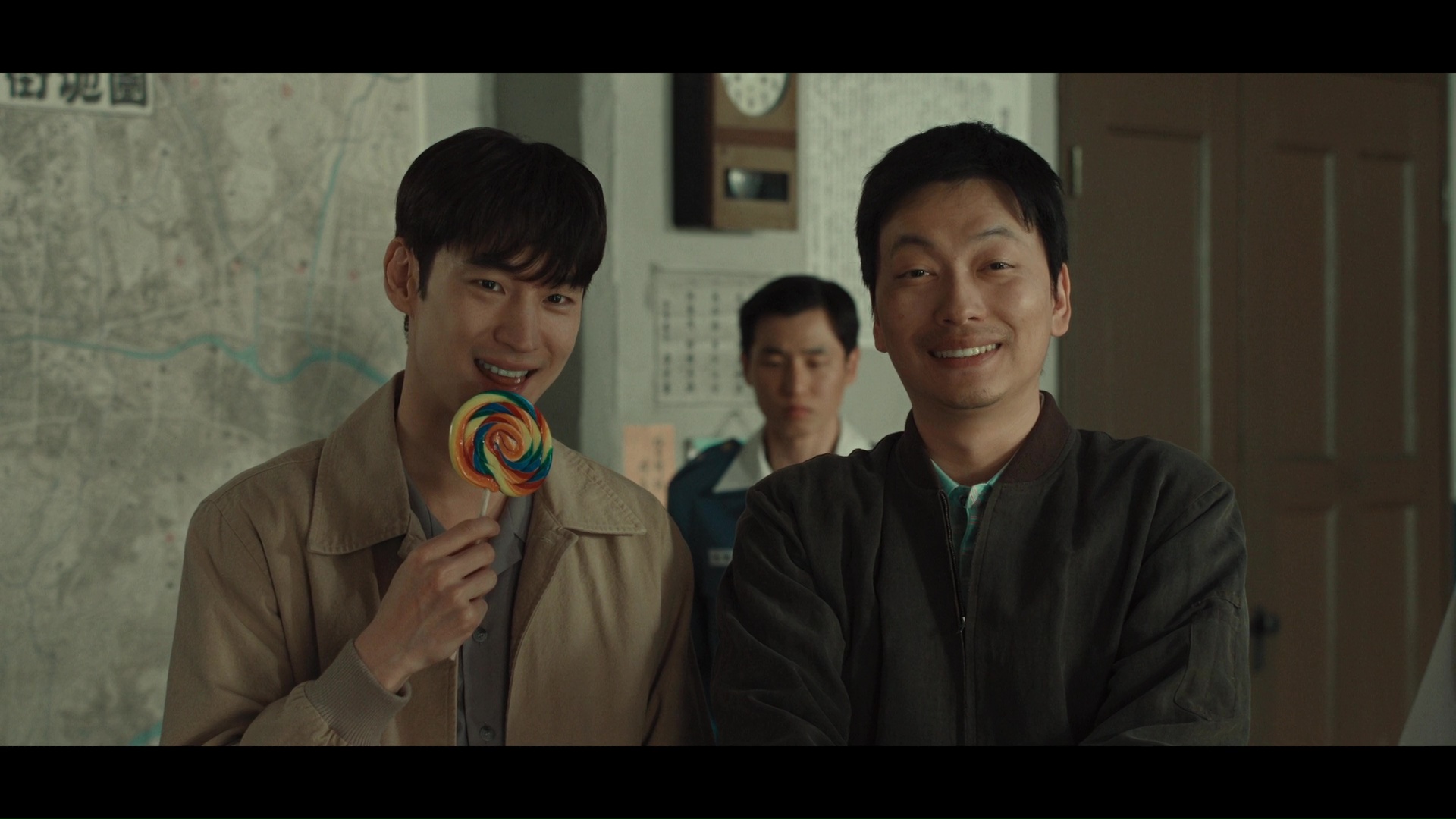
Required fields are marked *
Your email address will not be published. Required fields are marked *
1 jam
October 27, 2015 at 2:16 PM
thnx for the recap! was waiting for this :)
Required fields are marked *
2 fay17
October 27, 2015 at 2:35 PM
I watched the premiere..and one that stands out is of course ji hyun woo..his conflict as a common man and then to fight for his ideal is just so strong that it almost felt like it's a battle between his own inner struggle..rather than the outer bigger one.Only one minor glitch is that...I hoped the labor office leader [forgot his name] did not keep saying how one man is gonna change everything...as it's not there yet...it's like building up the expectation but that can always end up by not meeting the fullest satisfaction.
Required fields are marked *
3 OJ
October 27, 2015 at 2:54 PM
I was watching this drama for Yesung's debut, but actually enjoyed the first episode. I really really like Soo In, and the way he seems so upright, and yet also conflicted about it. Another YD?
Required fields are marked *
4 namedx
October 27, 2015 at 4:19 PM
This is at the top of my to watch list, along with Bubblegum! Will tune in as soon as I finish up with my current batch of dramas. Great hearing such a positive response though - many thanks for recapping, Girlfriday!
Required fields are marked *
5 Blcktron
October 27, 2015 at 5:43 PM
Interesting series, I really came here to watch Ahn Nae-sang more so then Ji Hyun Woo... I started to take notice of him after I watched Yoo Na's Street, I think he is really talented and glad to see him getting more lead roles.
Required fields are marked *
6 Narina
October 27, 2015 at 6:27 PM
Thank you for the recap.I was really looking forward to this drama and the first episode seemed promising.
Required fields are marked *
7 Brittany
October 27, 2015 at 6:35 PM
I just watched the first episode. I didn't like it at all. The show comes across as childish and immature in comparison to Misaeng.
Required fields are marked *
kalel
October 27, 2015 at 10:52 PM
Sure. There's nothing for you to like in a bunch of blue collars, is there? "So childish and immature" and not very pretty to look at, right?
Required fields are marked *
windsun33
October 28, 2015 at 10:27 AM
A script being childish and immature has nothing to do with the subject matter - in this case the workers. Being for "a good cause" does not automatically make it a good show.
Required fields are marked *
kalel
October 28, 2015 at 2:12 PM
So, do you consider this script childish and immature, albeit the blue-collar storyline or is it simply a general observation about scripts and shows? I'm confused...
Required fields are marked *
windsun33
October 28, 2015 at 6:49 PM
I have not watched it yet, which is why I did not comment directly on if this show is or is not childish.
My point is that no matter how much you agree or disagree with the subject matter that has nothing to do with how good, bad, or childish the show and script itself is.
Miranda
October 28, 2015 at 7:13 AM
Without the Misaeng comparison, why do you think Awl is childish and immature?
Required fields are marked *
8 to Brittany
October 27, 2015 at 7:22 PM
to Brittany
I know that you like Misaeng.
I just want to talk to you one thing.
Koreans will not agree with your thoughts.
'Awl' is closer to the truth.
Your love 'Misaeng' is akin to a fairy tale.
This drama is based on the webtoon made a real strike was the motif.
Required fields are marked *
9 MaryHazel
October 27, 2015 at 7:44 PM
Ji Hyun Woo is one of my favorites. Where can I watch this? Can't seem to find it subbed anywhere.
Required fields are marked *
Divers
October 27, 2015 at 9:14 PM
You can stream it here: http://myasiantv.se/drama/awl/.
Dramafever and Viki haven't picked it up (as far as I know), but you can request the title here: https://vikiinc.wufoo.com/forms/title-request-form/
Required fields are marked *
MaryHazel
October 27, 2015 at 10:32 PM
Thank you! It worked...I tried a couple of other sites but I just ended up with a lot of spam. I'm off to watch.
Required fields are marked *
10 to MaryHazel
October 27, 2015 at 8:10 PM
http://myasianfever.tv/serie/awl/season-1/episode-1-185/
eng subbed
Required fields are marked *
11 pancchi
October 27, 2015 at 8:50 PM
Thank you for the recap!!
What a great character profile?! Soo-in is so conflicted. And watching him struggle with the wrongs will be satisfying. In today's world it is important to have a voice and though everything will be two time difficult you can't change your path, just keep going!!
Am getting an uplifting feeling just with first ep.
Required fields are marked *
12 Fitri Iphiet
October 27, 2015 at 10:09 PM
put this one on my 'next watch' list. but i should come here more often to read the recap first. cuz the storyline is kinda 'not my cup of tea', but who knows. i always end up loving 'not my cup of tea' dramas, haha. thanks for the recap ^^
Required fields are marked *
13 Meannn
October 27, 2015 at 11:12 PM
I wanted to watch it because of the poster, but still abit hesitated since im watching too much already hahaa. But from the recap, i just love the cinematography there! It looks quirky, the compositions are great and quite different from most dramas haha. So thanks, i think ill watch this series!!
Required fields are marked *
14 dfwkimchi
October 28, 2015 at 3:57 AM
Thanks for the recap. Watched first episode raw and have not seen any subbed version. Seemed interesting.
Required fields are marked *
15 sunnyl
October 28, 2015 at 4:21 AM
Thanks for the recap! I was waiting. First episode didn't pull me much, but I have high hopes for this show.
Required fields are marked *
16 korini
October 28, 2015 at 5:48 AM
I try to avoid the universal themed dramas, meaning the dramas which abruptedly ground you back to reality, but this one gave me a cinematic vibe.
Required fields are marked *
17 Lixie
October 28, 2015 at 6:36 AM
I was waiting to know what people thought about Awl because I really like Hyun-woo but I dislike Nae-sang. I'll give it a chance and hope his character is not big in the story.
Required fields are marked *
18 Chachi
October 28, 2015 at 8:16 AM
Thanks for the recap. Please, please, please continue recapping this show. This will be my next addiction after Twenty Again. :D
Required fields are marked *
19 Kennedy Rose
October 28, 2015 at 9:55 AM
i am fan of Misaeng.. there are a few similarities but let's give this drama a chance. it's not that bad and i'm fast warming up to soo in. yep..his principle almost mirrors mr. oh's.
there are more to this story so, i'm going to wait for an episode or two before making my mind up. maybe this one will be like Assembly..i have qualms abt that drama and struggle to finish the first episode..but by the 2nd and 3rd, i'm hooked.
stop comparing this to Misaeng and maybe we can see its own special story. and i am grateful for this recap and would be REALLY grateful if the recaps continue. most dramas that will come up has basically the same storyline(romance, squabbles, romance, squabbles, romance...) so why not give a bit of time to recap dramas like this?
btw, that's manager park...and i have yet to forgive him for bullying jang geu rae! hehehehehe
Required fields are marked *
alua
October 28, 2015 at 5:27 PM
I think it's not bad. It's not as delicately written as Misaeng (though there was some nice cinematography), and some characters seem a little overly caricature (like GF said – more straight out of a comic book) but it feels different from most Korean dramas, which is something I appreciate. I also watched Bubblegum, which had some interesting, not-so-typical characters (both in the leads and second leads) but then threw in some archetype supporting characters that mean there are going to be ingredients in the mix that unfortunately will drive the story forward with the usual conflicts. I'm not getting a sense of that with Awl yet. Even if I don't expect this drama to be as pitch-perfect as Misaeng it is promising enough.
Required fields are marked *
anabear
October 28, 2015 at 6:05 PM
me too, I would be extremely grateful if Dramabeans continue the recaps. I have a strong feeling that this show will be worth the time and effort. :)
Required fields are marked *
20 anabear
October 28, 2015 at 5:38 PM
Soo-in's disillusionment of his teacher as the "guardian of the system" is, for me, the most poignant, most critical thing I've seen in this episode. The teacher is nothing but a classic illustration of how ideology functions in our society - it gives you the illusion of democracy while maintaining the current oppressive social order (like killing you with kindness, just to say "it's okay, you can speak against the system insofar as you don't harm the system")
I've seen how many kdramas show veneration for such paternal figures, who despite their charms and good intentions, are usually left unquestioned and unexamined, especially the way they lead us back to how patriarchy is founded. the show's critique on that is not only refreshing, but also inspiring in so many levels.
I will surely tune in on this one! :)
Required fields are marked *
alua
October 29, 2015 at 1:14 AM
Yes, I also though there was some very clear criticism in this show – some that might not be received very well in Korean society. E.g. when the doctor, though supportive of him, said "In a few years, you'll be a just an old geezer. Korean society will take care of that." It's a terrifying line if you think about it!
I photograph the monthly Sewol protests in London, so I've been gaining insight over the last half year of some of the political issues, the suppression of what is "uncomfortable", of staying in line and maintaining the system without questioning...
Required fields are marked *
alua
October 29, 2015 at 1:24 AM
Also, they were showing some sides of the Korean military that probably are not going to make them popular either. I don't think they'll go deeper into that issue than what they showed with the flashbacks in ep 1 and 2, but that was already plenty to reveal some serious corruption.
Required fields are marked *
Lindy
October 29, 2015 at 3:06 PM
I'm not particularly knowledgable about S Korea but it seems that in a lot of the films and dramas I watch have corruption as a kind of underlying theme. It seems to an outsider that the general population knows perfectly well just how deep corruption runs within society. Wicked chaebols, venal judiciary, incompetent cops on the take , money making nasty things go away and so forth. The interesting thing about Awl is that it shows how corruption flows from the top down in the context of a chain supermarket so it's very clear. The French owners are doing things that would never be allowed in France but they are doing them in Korea because they can. Many people start out wanting to do the right thing but, because the system seems so monolithic and powerful, it appears to be better to just keep one's head down and obey.
I love shows that depict ordinary blue collar working people, like the supermarket employees, garbagemen and restaurant workers in Awl, living their day-to-day lives with the knowledge that the little they have can be taken away with the stroke of the pen at any moment in the interests of "cost cutting" or "restructuring" or putting more money into the shareholders' pockets.
Required fields are marked *
anabear
October 29, 2015 at 4:51 PM
[when the doctor, though supportive of him, said “In a few years, you’ll be a just an old geezer. Korean society will take care of that.” It’s a terrifying line if you think about it!]
true, alua. it's terrifying how ideology is strongly embedded in korean society, but what's more terrifying for me is the fact that many of them think of it as something natural and unchangeable. there's always more danger in consciously accepting one's helplessness than unconsciously doing so.
also, I'm curious about your observation of the Sewol issue and I wonder what for them is "uncomfortable" and how far people went in suppressing it.
Required fields are marked *
alua
October 29, 2015 at 5:26 PM
Uncomfortable seems to be anything that asks critical questions – even if it's just a protest to demand for an independent investigation into the ferry sinking & lifting the ferry itself.
In SK, protesting is controversial – there are counter-protesters (various groups) that tell Sewol families they should let the issue go and there've been arrests. Overseas (there are protests in Berlin, London, Toronto, various US cities) protesting is not an issue, but reactions vary. In London, non-Koreans are generally interested & supportive, some Koreans (tourists) are also very supportive but you also always get Koreans that just warily eye the protest group from the distance – very strange really. The embassy & the cultural centre don't say a word about it (e.g. they won't publicise that there is a protest) – they won't touch the issue with a ten foot pole it seems.
Required fields are marked *
aa
October 29, 2015 at 6:59 PM
It is one of the messy way in South Korea goverment.
They hired a social organization with the money. and it is creating an opposition.
and The fanatical supporters of the ruling party are supporting the ruling party.
So they dragged the victim to go public opinion war.
So that victims suffer secondary damage.
Sadly, This is a pretty effective way than you think.
anabear
October 30, 2015 at 9:28 PM
I see. I'm sure the investigation will open up a can of worms. it's just absurd how some south koreans are more critical towards protest groups than those who are actually responsible for the sewol tragedy.
Jo
November 2, 2015 at 11:06 PM
I would argue that the messages in the awl are not actually only Korea-specific. This kind of preservation of the system is notoriously occurring in the U.S. and I suspect, many other places as well.
As for protesting, Korea has a long history of this, that is both beautiful and traumatizing. In was not long ago that the dictator state jailed and tortured not only protester's lives but their relations and family etc. (my uncle was included in those ranks in the 80s).
Korea has a really fraught relationship with protesters/being perceived as such, because of socialism, North Korea, and being associated as a "red"...if that makes sense.
Any way, all I'm saying is, simplistic observations aren't very fair.
Required fields are marked *
21 Chanelboy loves Jang Ki Young Argh
October 28, 2015 at 10:39 PM
Thanks for the recap! I hope you will pick up this project and keep recapping it!
Time sure flies, Kim Boong Do feels just last year he went to army and now he is up to new drama!
I will sure watching this, squeesh my time first :*
Required fields are marked *
22 fangirlingoppas
October 30, 2015 at 12:41 AM
PLEASE DO THE RECAPPING....*winkwink*
this is so good,
first i saw it mute (i turned off the sound, hell yeah, i watch it in office hour) and found it such a gloomy drama. but then when i added sound, it attracted me so much and felt couldnt resist not to watch it.
please do the reccap, it will be fun! ;)
Required fields are marked *
23 john
October 31, 2015 at 5:24 AM
girlfriday ~
Thanks for the recap. I like the cast. I hope you decide to continue the recaps.
Required fields are marked *
24 Jo
November 2, 2015 at 10:56 PM
I thought this episode was brilliant! I loved his systemic way of thinking when he "narrates that this teacher was the most adult-like adult he’d met until that point in his life, but then when he looks back now, he wonders if the teacher was simply a cunning guardian of the system—with one speech Soo-in fell back in line, and the academy lost nothing."
YES
Required fields are marked *
25 Kennedy Rose
November 3, 2015 at 1:07 AM
not seeing any recaps on ep. 2 but i cried watching soo-in's struggle..being an outcast is a terrible fate..and his colleagues thought badly of him not knowing the real reason why that french jerk decided to make their lives miserable coz soo-in is their supervisor. ugh.
can't wait for episode 3.
Required fields are marked *
26 Myoung Jae Yi
November 14, 2015 at 2:48 AM
Love this drama! Have not felt this level of concern for any drama characters up until now.
Required fields are marked *